News Archive
Filter by Division
Filter by Categories
Targeting a metabolite as a therapy for childhood ependymomas
February 4, 2026 / Experimental PathologyA new study published in Nature by Dr. Sriram Venneti’s laboratory at the University of Michigan’s Department of Pathology and the Chad Carr Pediatric Brain Tumor Center has identified a surprising driver of ependymoma growth: a molecule called itaconate. The discovery opens the door to new therapeutic strategies for this aggressive childhood cancer.
Kleer Lab Receives Dynami Foundation Donation
January 30, 2026 / Experimental PathologyDr. Celina Kleer, Harold A. Oberman Collegiate Professor of Pathology, received a generous donation from The Dynami Foundation to study invasive lobular carcinoma of the breast. The Dynami Foundation recognized Dr. Kleer as an exceptional breast cancer researcher with over 20 years of experience.
Parolia Lab Receives Grant to Fund New Pediatric Cancer Research
January 27, 2026 / Experimental PathologyParolia Lab to expand its research into Ewing Sarcoma with grant funding from Alex’s Lemonade Stand.
Welcome Back: Dr. Nicholas Nuechterlein Joins U-M Faculty
October 22, 2025 / Experimental PathologyFrom Michigan Labs to Spanish Dining Rooms: A Story of Remote Work and Reunion
July 14, 2025 / Experimental PathologyOne of the lessons learned through the COVID-19 pandemic, according to Dr. Gabriel Núñez, is that in many situations we can work effectively from anywhere. Originating from Seville, Spain, Núñez, who has been faculty in the Department of Pathology since 1991, has taken this lesson to heart. He purchased a home in Seville and, since 2023, spends the winters there working remotely.
Gabriel Núñez, MD, Accepts Joint Appointment in Osaka, Japan
July 7, 2025 / Experimental PathologyThe University of Michigan Medical School is committed to serving those in Michigan and the world, and the faculty in the Department of Pathology live that out daily. One of these faculty is Dr. Gabriel Núñez. Through the years, Núñez has trained researchers from many countries, including nine who are now full professors in Japan. One of these was Dr. Nobuhiko Kamada, who is at the University of Michigan Medical School with a joint appointment at Osaka University in Japan.
Vennetti Lab Offers a Flicker of Hope for Parents of Pediatric Cancer Patients
July 1, 2025 / Experimental PathologyOne of the most heartbreaking things a parent can hear is “Your child has an aggressive, malignant brain tumor.” When that is followed up with the physician saying there is no effective cure, parents are left devastated. This is what motivates Dr. Sriram Venneti and his research laboratory to dedicate their all to finding a cure. Venneti focuses on Group 3 medulloblastomas, which are very aggressive pediatric brain tumors with no known cure.
Resilience, Discipline, Focus, and Relentless Hard Work
June 25, 2025 / Experimental PathologyThe Keys to Dr. Analisa DiFeo's Success
The Mediterranean, Motherhood, and Microbiology
June 18, 2025 / Experimental PathologyDr. Roberta Caruso's Sources of Joy
From a Simple Start to a Simple Ending
June 11, 2025 / Experimental PathologyDr. Greg Dressler retires from the Department of Pathology
The Path to Discovery
June 4, 2025 / Experimental PathologyDr. Jennifer Brazil's Contributions to Inflammatory Bowel Disease Research
It's OK to Change Your Mind
May 27, 2025 / Experimental PathologyDr. Catherine Ptaschinski Tells Her Story
DiFeo Lab Recognized with Outstanding Journal Article Award
May 5, 2025 / Experimental PathologyThe Molecular and Cancer Therapeutics journal recently awarded Dr. Analisa DiFeo, professor, with their annual Outstanding Journal Article Award for 2025 for her article “Small Molecule Mediated Stabilization of PP2A Modulates the Homologous Recombination Pathway and Potentiates DNA Damage Induced Cell Death.” The journal editors select the best article published over the previous two years, focusing on “articles that have the potential to shift paradigms, inspire translational activity, and raise awareness of new scientific areas.” Articles that exhibit novelty, scientific merit, and impact are prioritized.
Noah Puleo becomes Dr. Noah Puleo
April 7, 2025 / Experimental PathologyWe are excited to announce another new PhD from our Molecular and Cellular Graduate Program! Noah Puleo, PhD, successfully defended his thesis “Identification of Novel Mechanisms and Drivers of Ovarian Cancer Carcinogenesis and Chemotherapy Resistance,” the culmination of his educational journey, which also included a graduate certificate in Precision Health.
The Many Facets of Life
April 2, 2025 / Experimental PathologyIntroducing Navin Mahadevan, MD, PhD
Dr. Abhijit Parolia - A Rising Scholar
March 21, 2025 / Experimental PathologyOn Thursday, March 20th, the National Institutes of Health, National Cancer Institute presented its Rising Scholars Lecture with pathology’s Dr. Abhijit Parolia, assistant professor of experimental pathology, entitled NSD2 is a requisite subunit of the AR/FOXA1 neo-enhanceosome in promoting prostate tumorigenesis. Rising Scholar lectures showcase NCI-supported early career researchers with outstanding research findings.
In Memoriam: Sem Phan, MD, PhD
November 25, 2024 / Experimental PathologyIt is with deep sadness that we announce the passing of Dr. Sem Phan, professor of pathology and renowned pulmonary pathology researcher, following a protracted illness.
Although Sem was a gifted researcher, he was also a kind and generous person. He was a devoted husband to his wife, Katherine, and their two children, Nicholas and Louis. He provided faithful and loving care for his wife during her illness. His colleagues knew him as a gifted investigator but, more importantly, one who was always willing to share his expertise and (graciously) provide help whenever called upon. He was a gourmet cook and a wine aficionado and eagerly shared these talents with his friends. He loved music, especially his son Nick’s opera career, and delighted in the joys of grandparenthood. His love of travel took him to many countries around the world. Dr. Phan was a gifted pathologist, an accomplished scientist, a consummate teacher, and a strong role model for all he encountered. He is leaving a hole in our hearts and department and will be deeply missed.
The family has announced the following plans for memorial services. There will be a viewing at 10:00 and a service at 11:00 on Tuesday, Nov. 26 at St. Nicholas Greek Orthodox Church, 3109 Scio Church Rd, Ann Arbor.
New Uses for Common Drug May Help Patients with Inflammatory Diseases
September 19, 2024 / Experimental PathologyAn article recently published by the Nuñez lab provides an exciting discovery for individuals with Alzheimer’s disease, diabetes, and certain other autoimmune diseases caused by aberrant NLRP3. The research, led by Dr. Jie Xu with Drs. Joseph Pickard and Gabriel Nuñez, discovered that a common, safe, FDA-approved drug used to treat alcoholism and cocaine addictions, disulfiram, inhibits the production of NLRP3 inflammasomes. When NLRP3 is activated, it can cause inflammation leading to multiple health issues.
Large study identifies biomarkers for rare kidney tumors
May 15, 2024 / Experimental PathologyWith 20 subtypes of Renal Cell Carcinoma (RCC) listed by the World Health Organization in 2022, determining the specific type of RCC and the correct treatment protocol for patients can be daunting. Only seven of the 20 subtypes had been defined by specific molecular changes and the 20% of RCCs that are classified as non-clear cell RCCs (non-ccRCC), were primarily identified only by histopathologic features. The driving genetic changes had not been identified. A large multi-institutional team making up the Clinical Proteomic Tumor Analysis Consortium, including several researchers from Michigan Medicine’s Department of Pathology, performed multi-omics data analysis on 48 non-ccRCC and 103 ccRCC tumors as well as 101 normal adjacent tissues to study the genetic aberrations found in these tumor types. The findings of this research were recently published in Cell Reports Medicine, with Pathology’s Drs. Alexey Nesvizhskii and Saravana Mohan Dhanasekaran as senior authors and Dr. Ginny Xiaohe Li as first author.
Development and Validation of an 18-Gene Urine Test for High-Grade Prostate Cancer
May 13, 2024 / Experimental PathologyIn a manuscript published this week in JAMA Oncology, senior author Dr. Arul Chinnaiyan and members of the EDRN-PCA3 Study Group reported on their development and validation of a new 18-gene urine-based test for diagnosis of high-grade prostate cancer, MPS2. This test was initially developed in the Department of Pathology.
Dr. Asma Nusrat Receives 2024 Rous-Whipple Award at ASIP Meeting
April 23, 2024 / Experimental PathologyDr. Asma Nusrat, F. Peyton Rous Professor and Director of Experimental Pathology, was awarded the 2024 Rous-Whipple award at the American Society for Investigative Pathology Annual Meeting on Saturday, April 20, 2024 in Baltimore, MD.
The ASIP Rous-Whipple Award is presented to a senior scientist with a distinguished career in research who has advanced the understanding of disease and has continued productivity at the time of the award, including impactful science [...]
Mary H. Weiser Food Allergy Center Identified as an Elite Research Center
April 11, 2024 / Experimental PathologyAn interdisciplinary team of researchers from across Michigan Medicine are focused on cutting-edge research to understand and address food allergies as members of the Mary H. Weiser Food Allergy Center. Nicholas Lukacs, PhD, the Godfrey Dorr Stobbe Professor of Pathology and Scientific Director of the Mary H. Weiser Food Allergy Center, and James R. Baker Jr., Ruth Dow Doan Professor of Biologic Nanotechnology and Director of the MHWFAC, were instrumental in founding the food allergy center in 2015 and in recruiting an exceptional team of researchers to the Center. One of their goals since the inception of the MHWFAC was to see it become recognized as one of the world’s elite research centers in its field. Recently, this goal was achieved when the National Institutes of Health awarded them one of just 10 seven-year CoFAR Cooperative Agreement Grants, recognizing the center’s exceptional ground-breaking research.
Celina Kleer, MD Elected to the AAP
March 21, 2024 / Experimental PathologyCongratulations to Celina Kleer, MD, the Harold A. Oberman Collegiate Professor of Pathology and Director of Breast Pathology Research, on her election to the prestigious Association of American Physicians (AAP). The AAP is an honorary society dedicated to the advancement of scientific and practical medicine and admits only 70 new members to its rank each year. Election is highly selective and as described on their website, is “an honor extended to physicians with outstanding credentials in basic or translational biomedical research.” Kleer will be formally inducted into the AAP at their Annual Meeting in Chicago next month.
MCP Graduate Student Joanna Lum Receives ChadTough Defeat DIPG Foundation Fellowship Award
January 18, 2024 / Experimental PathologyIn the world of research and grant funding, it is easy to lose sight of the effort required for foundations to provide funding to researchers and the underlying motivation for that funding. This is not the case, however, for Molecular and Cellular Pathology Graduate Student Joanna Lum. Lum was recently awarded the ChadTough Defeat DIPG Foundation Fellowship Award, providing her with $200,000 over 3 years to study Diffuse Intrinsic Pontine Glioma, the deadliest form of pediatric brain cancer. DIPG is a brainstem glioma most commonly affecting children ages 5-9 years old. More than 90% of these children will die within 1.5 years. The DIPG foundation was created by two families who lost their sons to DIPG.
What is in your gut?
January 5, 2024 / Experimental PathologyDr. Gabriel Nunez 's Lab Makes Breakthrough Discovery in Colitis
Roberta Caruso, MD, PhD Makes Her Mark
November 28, 2023 / Experimental PathologyFrom Italy to Ann Arbor
Study provides mechanistic link of diet to inhibition of colitis in Crohn's disease
November 16, 2023 / Experimental PathologyCrohn’s disease (CD), one of the major forms of Inflammatory Bowel Disease, is a chronic relapsing intestinal disorder that affects millions of people globally. The cause of CD is unknown, but it is thought to result from a dysregulated immune response against environmental factors, including intestinal microbes, in genetically susceptible hosts.
The critical role that the intestinal microorganisms, collectively known as the gut microbiota, plays in the pathogenesis of CD has been investigated over the past two decades. Given the importance of the gut microbiota in triggering CD, the development of therapeutic approaches that target disease-causing intestinal microbes may provide a unique approach to the treatment of this disease [...]
A Pathway to Discovery
November 2, 2023 / Experimental PathologyPhysician Scientist Dr. Aaron Udager shares his journey.
Study brings insight to kidney cancer with gene mutation
August 8, 2023 / Experimental PathologyA study from clinicians and researchers at the University of Michigan Rogel Cancer Center, U-M Department of Pathology and the Michigan Center for Translational Pathology reveals findings from over 800 clinical assays performed for kidney patients with MiTF family gene mutations.
Kevin Yang, Nesvizhskii Lab, publishes first first-author publication
August 8, 2023 / Experimental PathologyCongratulations to Kevin Yang (Ph.D. student in the Nesvizhskii lab) on his first first-author publication in Nature Communications! In a manuscript published in Nature Communications, Ph.D. student Kevin Yang, from the Alexey Nesvizhskii lab, presented a new computational tool, MSBooster [...].
Dr. Arul Chinnaiyan Recognized for Outstanding Achievement in Pathology
June 28, 2023 / Experimental PathologyDr. Arul Chinnaiyan, S. P. Hicks Endowed Professor of Pathology and Professor of Urology at Michigan Medicine Department of Pathology and Director of the Michigan Center for Translational Pathology, was recently recognized for his outstanding achievements by the American Association of Cancer Research. He was presented with the AACR James S. Ewing-Thelma B. Dunn Award for Outstanding Achievement in Pathology in Cancer Research award at the 2023 AACR Annual Meeting. Please join us in congratulating Dr. Arul Chinnaiyan for this well-deserved prestigious honor!
A Passion for Helping Others Leads to a Career in Pathology
May 17, 2023 / Experimental PathologyDr. Xinna Li's story.
Drs. Asma Nusrat and Charles Parkos Named 2022 AAAS Fellows
February 7, 2023 / Experimental PathologyCongratulations are due to Dr. Asma Nusrat, F. Peyton Rous Professor of Experimental Pathology and Director of Experimental Pathology, and Dr. Charles Parkos, Carl V. Weller Professor and Chair of Pathology, on being named 2022 American Association for the Advancement of Science Fellows. The AAAS is the world’s largest general scientific society and publisher of the Science family of journals. The 2022 class was comprised of 505 scientists, engineers and innovators from around the world and across all disciplines. Being selected as an AAAS Fellow is one of the most distinguished honors within the scientific community. The newly elected Fellows are being recognized for their scientific and socially notable achievements spanning their careers.
Ryan Lab Makes Unexpected Discovery in B-cell Acute Lymphoblastic Leukemia
January 10, 2023 / Experimental PathologyOne of the most fascinating aspects of a career in cancer research is that one never knows when or where the next great discovery will occur. This was true of a recent breakthrough discovery made by the Dr. Russell Ryan laboratory at the University of Michigan Medical School. They were shocked to find that active regulatory elements in B-ALL contained not only typical protein binding sequences but also simple repeats of the sequence “GGAA”, usually considered a form of “junk DNA” with no regulatory function [...]
Clear Cell Renal Cell Carcinoma study results published
January 6, 2023 / Experimental PathologyMembers of the University of Michigan Department of Pathology and Michigan Center for Translational Pathology, in collaboration with the Clinical Proteomic Tumor Analysis Consortium, recently published a large study on clear cell renal cell carcinomas (ccRCCs), which represent about 75% of the RCC cases and account for the most RCC-associated deaths. This study set out to create a comprehensive profile of ccRCC, combining histologic and molecular profiles. By analyzing both the microscopic cell structures and the genetic makeup of the cells, these researchers discovered significant intratumoral heterogeneity in 90% of ccRCCs. This indicates that ccRCCs originate from multiple tumor cell lines, called tumor subclones, that may become metastatic and could independently influence response to therapies. Through this study, the team was able to molecularly stratify aggressive histopathic subtypes, which may lead to more effective treatment strategies for patients and improved survival.
30 Years of Research at Michigan Medicine
November 4, 2022 / Experimental PathologyWalk through a 30-year career with Dr. Gabriel Nunez--highlighting his key discoveries, perspectives on work/life balance, and those he mentored.
Cytomorphology and IHC helps diagnose transformed metastatic prostate cancer
October 27, 2022 / Experimental PathologyA research team from the Michigan Center for Translational Pathology undertook a study to illustrate how careful assessment of cytologic and biomarker features may provide physicians with information on Metastatic Prostatic Cancer (MCP) patients’ prognosis and the best therapies to consider [...]
Zaneta Nikolovska-Coleska, M.S., Ph.D., named Associate Dean for Graduate and Postdoctoral Studies in the Medical School
October 21, 2022 / Experimental PathologyWe are pleased to share that the Board of Regents today (Oct. 20) approved the appointment of Zaneta Nikolovska-Coleska, M.S., Ph.D., as associate dean for graduate and postdoctoral studies in the Medical School, effective Oct. 1, 2022. Please join us in congratulating Dr. Nikolovska-Coleska on her associate dean role.
A new cooperation between EZH2 and p38 proteins enhances metastasis in triple negative breast cancer
August 17, 2022 / Experimental PathologyThe Celina Kleer lab at the University of Michigan Department of Pathology and Rogel Cancer Center has found a new mechanism that fuels metastasis in triple negative breast cancers. In their new study they show that EZH2, a master regulator of cell type identity, known to function through methylation of histones, has a new, unexpected function in aggressive breast cancers [...]
Dr. Dafydd Thomas - Pursuing a Different Path
July 18, 2022 / Experimental PathologyThe Research Scientist Track
What is a Research Lab Manager?
June 20, 2022 / Experimental Pathology...and what do they do?
Using Artificial Intelligence to predict ERG Gene Fusion in Prostate Cancer
May 10, 2022 / Experimental PathologyThe role of artificial intelligence (AI) in healthcare continues to expand. In a recent issue of BMC Cancer, Dr. Vipulkumar Dadhania (first author) and colleagues published a result of their study Leveraging artificial intelligence to predict ERG gene fusion status in prostate cancer. The expert team from the Michigan Center for Translational Pathology developed a deep-learning-based model to predict ERG genomic rearrangements in prostatic adenocarcinomas using only H&E-stained digital slides [...]
Careers in Pathology: Aging Research
April 5, 2022 / Experimental PathologyDr. Richard Miller candidly describes his career progression in aging research.
Parolia Selected For Harold Weintraub Graduate Student Award
March 1, 2022 / Experimental PathologyPlease join us in congratulating Dr. Abhijit Parolia on being selected for the 2022 Harold Weintraub Graduate Student Award. The award, established by the Fred Hutchinson Cancer Research Center, is given yearly and recognizes outstanding achievement during graduate studies in the biological sciences [...]
Year in Review: 2021
January 31, 2022 / ConferencesLast year was an eventful time within the Department of Pathology at Michigan Medicine. As we reminisce about 2021, let's revisit some of the greatest memories [...]
From Chaos to Balance
January 3, 2022 / Experimental PathologyDr. Anuska Andjelkovic-Zochowski's story
The Yin and the Yang of Research in the COVID Era
December 20, 2021 / NewsletterAs COVID closed down research labs, researchers shifted focus.
Study Finds that Microbiome Colonization During Infancy is Critical for Modulating Immunity Later in Life
October 29, 2021 / Experimental PathologyA study related to the maternal gut microbiome and how it regulates immunity to respiratory syncytial virus (RSV) infections in offspring was recently published in the Journal of Experimental Medicine. Clinical experts from the Department of Pathology including Drs. Wendy Fonseca, Nicholas Lukacs, and Catherine Ptaschinski were responsible for carrying out this study [...]
Repurposing an anti-diabetic drug to reverse aberrant epigenetic pathways in childhood ependymomas.
October 7, 2021 / Experimental PathologyMetformin holds promise against a rare type of childhood brain tumor in laboratory studies, as per an international team of researchers led by Dr. Sriram Venneti report in Science Translational Medicine. [...]
Dr. Peter A. Ward named “World Expert in Sepsis”
September 21, 2021 / Experimental PathologyDr. Peter Ward, Active Emeritus Professor and former Chair of Pathology, was named “World Expert in Sepsis” by Expertscape on World Sepsis Day, September 13, 2021. To be named a World Expert, one must be in the top 0.1% of scholars writing about Sepsis over the past ten years. Ward came in among the top .006% of scholars in the world and the number 1 scholar on sepsis at the University of Michigan [...]
2020 Annual Report Now Available
August 3, 2021 / Experimental PathologyThe Department of Pathology's 2020 Annual Report is now available online. In the report, you will read about the department’s tripartite mission of research, education, and patient care, and learn about the goals of the department’s Strategic Council [...]
Stressed Cellular Protein HOPS Into Action
February 16, 2021 / Experimental PathologyResearch team discovered that proteins with the capacity to multimerize quickly responded to osmotic changes (dehydration) caused by high saline or sugar concentrations, condensing into aggregates resembling processing bodies (P-bodies). The reaction, known as hyperosmotic phase separation, or HOPS, takes only a few seconds and is reversible within less than 2 minutes [...]
Study Explains Why Patients with Cancer Spread to the Liver Have Worse Outcomes
January 5, 2021 / Experimental PathologyA new study by the University of Michigan's Rogel Cancer Center analyzed patients with cancer and the factors that cause the cancer to spread to the liver, leading to worse outcomes.
Dr. Thomas Giordano wins the AACR 2020 Team Science Award
November 30, 2020 / Experimental PathologyCongratulations to Dr. Thomas Giordano and the entire Cancer Genome Atlas Project team for winning the American Association of Cancer Research's 2020 Team Science Award [...]
Dr. Celina Kleer Wins ASIP 2020 Outstanding Investigator Award
November 12, 2020 / Experimental PathologyCongratulations to Dr. Celina Kleer who was awarded the American Society for Investigative Pathology (ASIP)'s 2020 Outstanding Investigator Award. Dr. Kleer receives the award for her demonstrated excellence in research in experimental pathology [...]
Bad Bacteria Make Their Own Food to Colonize the Gut
October 16, 2020 / Experimental PathologyDiarrhea can be the unfortunate but short-lived side effect of bad takeout food, yet it is also a leading cause of death in children under five globally. Scientists continue to investigate how illness-causing bacteria gain a foothold within the digestive tract when they are usually held in check by the protective bacteria collectively known as the gut microbiome [...]
Study from Venneti Lab on DIPGs Published in Cancer Cell
August 17, 2020 / Experimental PathologyIn a new study, Chan Chung et al. from the Venneti laboratory have discovered a “catch 22”-like phenomena, where epigenetic and metabolic pathways feed one another, in a childhood brain tumor called Diffuse Intrinsic Pontine Gliomas (DIPG) [...]
Research Surrounding H3K27M-mutant diffuse midline glioma in COVID-19 Published
July 7, 2020 / Experimental PathologyNew research related to H3K27M-mutant diffuse midline glioma with extensive intratumoral microthrombi in young adults with COVID-19 from the Department of Pathology was just published in Acta Neurologica. [...]
Research Surrounding miR-181a Published
June 25, 2020 / Experimental PathologyResearch from Dr. Analisa Difeo was just published in Nature Communications. The study focuses on miR-181a and how it initiates and perpetuates oncogenic transformation through the regulation of innate immune signaling [...]
Forensic Research Regarding COVID-19 Published
June 18, 2020 / Experimental PathologyThe publication takes an in-depth examination of diffuse alveolar damage (DAD) caused by COVID-19 and how it is morphologically indistinguishable from other causes of DAD.
Research Regarding Microcystic Adnexal Carcinomas Published
June 11, 2020 / Experimental PathologyThe research was just published in Modern Pathology and highlights the importance of next-generation sequencing within oncogenic roles for P53 and JAK/STAT signaling in microcystic adnexal carcinomas.
U-M Researchers Home in on Key Player in Pancreatic Cancer Development
June 4, 2020 / Experimental PathologyThe protein Argonaute 2 was found to be critical to the progression from benign lesions into pancreatic cancer, suggesting a therapeutic opportunity.
Research Regarding Invasive Squamous Cell Carcinoma Published
May 29, 2020 / Experimental PathologyThe research, which focuses on invasive squamous cell carcinomas and the precursor lesions that demonstrate concordic genomic complexity in driver genes, was just published in Modern Pathology.
Research about Renal Cell Carcinoma in Young Adults Published
May 22, 2020 / Experimental PathologyThe research was just published in Histopathology and features prominent contributions from our faculty.
2019 Annual Report Now Available
May 19, 2020 / Experimental PathologyThe Department of Pathology 2019 Annual Report is now available online. Our department continues to show outstanding performance and growth and the past year was another example of why our department is one of the best in the world.
In the report, you will read about [...]
New Research Published in Modern Pathology
May 13, 2020 / Experimental PathologyThe study pertains to the molecular characterization of uterine and ovarian tumors and their relationships to epithelial and germ cell features by somatic derivation.
New Research Published in Journal of Lower Genital Tract Disease
May 7, 2020 / Experimental PathologyThe study sheds light on alternative methods used for measuring size and depth of vulvar squamous cell carcinoma.
Study from Kleer and Nesvizhskii Labs Reveals the Proteomic Landscape of Metaplastic Breast Carcinomas
May 1, 2020 / Experimental PathologyAlong with co-investigators, Sabra Djomehri, a graduate student in Celina Kleer's Laboratory, has discovered the proteomic landscape of metaplastic carcinomas, the most aggressive type of triple negative breast cancer. The study, published in [...]
Arul Chinnaiyan, MD, PhD, elected to the National Academy of Science
April 28, 2020 / Experimental PathologyCongratulations to Arul M. Chinnaiyan, MD, PhD, on his election to the National Academy of Science! Chinnaiyan is an investigator, Howard Hughes Medical Institute; and S.P. Hicks Endowed Professor of Pathology, American Cancer Society Research Professor, and director, Michigan Center for Translational Pathology, University of Michigan Medical School, Ann Arbor [...]
Study from Lieberman Lab Published in Acta Neuropathologica
April 28, 2020 / Experimental PathologyA new study from the Andrew Lieberman Laboratory’s Samir Nath, et al, has discovered that MEF2 impairment underlies skeletal muscle atrophy in polyglutamine disease.
Kennedy’s Disease, also known as Spinal and Bulbar Muscular Atrophy (SBMA), is a disease caused by an inherited gene mutation that results in muscle and brain cell dysfunction. Patients progressively lose muscle mass until they are unable to walk without assistance. Ultimately [...]
Diagnostic Biomarkers Uncovered for Rare Kidney Cancer
April 21, 2020 / Experimental PathologyResearchers have uncovered the gene signature for ChRCC.
New Study Discusses Viral Transportation in COVID-19 Pandemic
April 20, 2020 / Experimental PathologyA new study from Dr. Rajan Dewar of the Department of Pathology has found that inactivated virus transporation should be implemented for safe transportation and handling at diagnostics laboratories.
New Study Finds Inhibition of Uric Acid or IL-1β Ameliorates Respiratory Syncytial Virus Immunopathology and Development of Asthma
April 15, 2020 / Experimental PathologyThe study details research surrounding Respiratory Syncytial Virus (RSV) among infants.
New Study Finds Resolvin E1 is a Pro-repair Molecule that Promotes Intestinal Epithelial Wound Healing
April 14, 2020 / Experimental PathologyResolvin E1 (RvE1), a lipid derived from Omega-3 fatty acids, is a pro-repair molecule that promotes healing of intestinal wounds according to a recent study published in PNAS as a collaborative project between The Department of Pathology at the University of Michigan Medical School and [...]
Department Co-Hosts 2020 Mucosal Immunology Symposium
March 13, 2020 / ConferencesThe event showcased experiemental pathology research.
Marcin Cieslik Receives Award from Bristol-Myers Squibb
March 11, 2020 / Experimental PathologyMarcin Cieslik, Assistant Professor of Pathology and Computational Medicine and Bioinformatics and member of the Michigan Center for Translational Pathology (MCTP), received an award from Bristol-Myers Squibb (BMS) for the project entitled, “Identification of novel therapeutic vulnerabilities across immunophenotypes of refractory and metastatic tumors.” This award provides two years of funding.
Department Hosts 11th Annual CHAMP Research Symposium
February 17, 2020 / ConferencesEvent showcases clinical and translational research.
New Start Up Aims to Target Inflammatory Bowel Disease
February 17, 2020 / Experimental PathologyPTM Therapeutics, Inc. celebrated on February 6th the signing of an exclusive license for an antibody (PTM-001) jointly from the University of Michigan and Emory University during a bell-ringing ceremony at University of Michigan Tech Transfer. The startup is [...]
Manuscript by Dr. Muhammad Nadeem Aslam Demonstrates Effects of a Seaweed-Derived Multi-Mineral Supplement on Colonic Microbial Community
February 5, 2020 / Experimental PathologyA recent report based on a phase I clinical trial by Dr. Aslam, et al, in the Varani Laboratory shows that a multi-mineral supplement, Aquamin®, modulates the colonic microbial community in human subjects. This study is part of an ongoing effort to determine if multi-mineral intervention [...]
Anti-Leukemia Compound Induces Complete Remission in Mouse Models
February 3, 2020 / Experimental PathologyA Phase I clinical trial, using a structurally related analog of the compound, is currently enrolling patients.
A Simple Twist of Cell Fate
January 15, 2020 / Experimental PathologyU-M researchers are shedding new light with exciting implications for research and health.
Dr. Chan Chung Receives Two Grants to Study Brain Cancers
January 9, 2020 / Experimental PathologyChan Chung, PhD, received two grants in funding from the ChadTough Foundation and Defeat DIPG foundation ($150,000) and the Robert Connor Dawes CERN Pediatric Fellowship ($100,000). [...]
Faculty Spotlight: Felipe da Veiga Leprevost, PhD
January 2, 2020 / Experimental PathologyIn 2015, Felipe da Veiga Leprevost, PhD, came to the University of Michigan as a research fellow to study computational proteomics. In June of 2019, he accepted a faculty position as a Research Investigator in Bioinformatics. He now has a Michigan-born little one and his roots are growing deeper in Ann Arbor [...]
ORSP's New Proposal Submission Deadline Policy
December 11, 2019 / Experimental PathologyFor future grant submissions, please take note of ORSP's new Proposal Submission Deadline Policy which will take effect on January 6, 2020. [...]
Gabriel Nuñez, M.D. Elected to the National Academy of Medicine
October 21, 2019 / Experimental PathologyDr. Gabriel Nuñez, the Paul de Kruif Endowed Professor of Pathology, is one of the newest members of the National Academy of Medicine. The Nuñez laboratory has made ground-breaking discoveries in the field of [...]
Steven L. Kunkel, PhD, Appointed Permanent Executive Vice Dean for Research and Chief Scientific Officer
September 26, 2019 / Experimental PathologyCongratulations to Steven L. Kunkel, PhD, on his appointment as the executive vice dean for research and chief scientific officer of the University of Michigan Medical School, effective September 1, 2019, following a nationwide search for the best candidate. Kunkel previously served [...]
Dr. Surinder Kumar Receives The Pablove Foundation Childhood Cancer Research Grant
September 18, 2019 / Experimental PathologySurinder Kumar, Ph.D., has received The Pablove Foundation Childhood Cancer Research Grant for his proposal entitled “The sirtuin SIRT5 as a novel therapeutic target for Ewing’s Sarcoma” [...]
Making Sense Out of Tragedy
September 17, 2019 / Experimental PathologyA gift from the Silver Family Foundation is funding research at Michigan Medicine.
September is Prostate Cancer Awareness Month
September 17, 2019 / Experimental PathologyEvery year in the United States, nearly 3 million men hear the words, “You have prostate cancer.” That is 1 in 9 men each year. The word “cancer” triggers an immediate response in most people…fear, worry about family, denial, and often an increased awareness of one’s mortality. [...]
Raising the Voices of Pathology Postdocs
September 13, 2019 / Experimental PathologyIn November 2018, postdoctoral fellow Jay Vornhagen, PhD, was appointed as the first Department of Pathology Medical School Postdoctoral Trainee Senator. The Medical School Postdoctoral Trainee Senate is a volunteer organization [...]
Navigating Change
September 9, 2019 / Experimental PathologyThe Department of Pathology embraces the future while navigating through multiple changes as it settles into its new laboratory home.
By Cannibalizing Nearby Stromal Stem Cells, Some Breast Cancer Cells Gain Invasion Advantage
July 2, 2019 / Experimental PathologyCancer biologists and engineers collaborated on a device that could help predict the likelihood of breast cancer metastasis.
Newly Defined Cancer Driver is Fast, Furious, and Loud
June 19, 2019 / Experimental PathologyResearchers characterize 3 ways in which the gene FOXA1 mutates to trigger prostate cancer.
Jolanta Grembecka, PhD, Among 14 Inaugural Rogel Scholars
May 14, 2019 / Experimental PathologyCongratulations to Jolanta Gembecka, PhD, who is one of fourteen in the inaugural class of Rogel Scholars! As part of the commitment from Richard and Susan Rogel, researchers will have the opportunity and freedom to pursue new directions in their work. Dr. Grembecka's research focus is developing [...]
U-M Compounds Show Promise in a Lab Model of Advanced Prostate Cancer
May 14, 2019 / Experimental PathologyA new study finds that U-M-designed compounds led to significantly smaller, slower-growing tumors.
Researchers Find New Target to Improve Response to Cancer Immunotherapy
May 8, 2019 / Experimental PathologyA U-M study is the first to define how a little-known type of cell death impacts tumor cells and immune cells.
Department Among Leadership, Award Winners, at ASIP Annual Meeting
April 17, 2019 / Experimental PathologyThe Department of Pathology was well-represented at the American Society for Investigative Pathology’s 2019 Annual Meeting.
Dr. Charles Parkos Inducted into Association of American Physicians
April 7, 2019 / Experimental PathologyDr. Charles Parkos, Carl V. Weller Professor and Chair of the Department of Pathology, has been inducted into the Association of American Physicians (AAP). Founded in 1885, the AAP is an organization of leading senior physician-scientists [...]
Witnessing the dance of RNAs around droplets of cellular degradation machinery
April 3, 2019 / Experimental PathologyIf a picture's worth a thousand words, a video is perhaps worth much more.
Glover and Fearon Honored for AAAS Fellowships at Annual Meeting
February 18, 2019 / Experimental PathologyEric Fearon, MD, PhD , and Thomas Glover, PhD, are two of fifteen researchers at the University of Michigan named 2018 American Association for the Advancement of Science (AAAS) Fellows. A total of 416 members were awarded for 2018, chosen by their peers for their [...]
Creating Hope
February 18, 2019 / Experimental PathologyMark Schultz, PhD strives to create therapeutics for Niemann-Pick disease.
Circular RNA Holds Promise as Cancer Biomarker
February 7, 2019 / Experimental PathologyUnique structure of circRNA makes it an ideal candidate for biomarkers – and it can be detected in blood or urine.
Kathleen Cho, MD, Receives R01 Grant for Ovarian Cancer Research
January 9, 2019 / Experimental PathologyDr. Kathleen Cho received a five-year R01 grant from the National Institutes of Health (NIH) to continue her work in ovarian cancer research. High-grade serous carcinoma, or HGSC, is both the most common and most deadly form of “ovarian” cancer, although it is now believed that most HGSCs arise [...]
Tomasz Cierpicki Awarded NIH Research Project Grant
December 11, 2018 / Experimental PathologyTomasz Cierpicki, PhD, has been awarded an RO1 with five years of funding from the National Cancer Institute for his grant application, Targeting NSD1 In Leukemia, to develop inhibitors of NSD1 histone [...]
Jiaqi Shi Awarded Grant from the National Cancer Institute
December 11, 2018 / Experimental PathologyJiaqi Shi, MD, PhD, has been awarded a KO8 (Career Development Award) from the National Cancer Institute for her grant application, Linking epigenetic regulation and TGF-β signaling in [...]
Russell Ryan, MD receives ASH Junior Faculty Scholar Award
December 10, 2018 / Experimental PathologyThe American Society of Hematology (ASH) has chosen Dr. Russell Ryan as a recipient of its Junior Faculty Scholar Award in Basic/Translational Research. Established more than 30 years ago, the Scholar Awards program is one of [...]
Discovery out of Nikolovska-Coleska Lab featured at Celebrate Invention
November 20, 2018 / Experimental PathologyDr. Zaneta Nikolovska-Coleska’s work was highlighted as part of the Featured Technology and Startup Kiosks during the University of Michigan Tech Transfer’s annual Celebrate Invention event on October 17th at the Michigan League. Nikolovska-Coleska’s project, Discovery of Mc1-1 inhibitors from integrated [...]
Dr. Jeffrey Hodgin awarded U-M Precision Health Investigator Grant
November 6, 2018 / Experimental PathologyPrecision Health at the University of Michigan has chosen Dr. Jeffrey Hodgin as one of ten recipients of its Investigators Awards. The grants, totaling nearly $3 million, are of up to $300,000 each [...]
Jim Harbaugh meets with scientists at Michigan Stadium
October 30, 2018 / Experimental PathologyOn Sunday, October 21, Jim Harbaugh, head coach of University of Michigan football, greeted 125 surprised attendees of the Pathology Investigators, Students and Academicians (PISA) Conference being hosted by the University of Michigan at the A. Alfred Taubman Biomedical Science Research Building in Ann Arbor. PISA attendees [...]
Team Led by Dr. Rohit Mehra discovers New Diagnostic Biomarker for Kidney Cancer
October 11, 2018 / Experimental PathologyA recent collaborative study out of the Michigan Center for Translational Pathology (MCTP) has led to new insight into kidney cancer. The resulting paper, VSTM2A Overexpression is a Sensitive and Specific Biomarker for [...]
Careers in Pathology: Dr. Taeko Noah
October 10, 2018 / Experimental PathologyIn this episode of Careers in Pathology, Dr. Taeko Noah talks about her work in the Hogan Lab researching food allergies. Dr. Noah is a cellular biologist working as a Research Scientist in Pathology, studying how food crosses the intestinal epithelium to trigger allergic reactions.
Dr. Udager receives Grant from U-M Prostate SPORE
October 9, 2018 / Experimental PathologyThe University of Michigan SPORE in Prostate Cancer has awarded Aaron Udager, MD, PhD, with a two-year Prostate SPORE Career Enhancement Program (CEP) grant of $60,00 per year. The Department of Pathology will contribute matching funds of another [...]
Research from the Kim Lab published in Nature Communications
October 4, 2018 / Experimental PathologyThe laboratory of Dr. Chang Kim, along with colleagues from Purdue University and the Indiana University School of Medicine, has published in Nature [...]
New Mechanism in Aggressive Breast Cancer Discovered
October 3, 2018 / Experimental PathologyA collaboration out of the Molecular and Cellular Pathology graduate program could lead to new treatment strategies.
Stories Found in Tissues
September 17, 2018 / Experimental PathologySimon Hogan, PhD, unlocks the Secrets of Allergic Diseases.
U-M cancer researcher awarded $6.5M Outstanding Investigator Award to explore precision oncology
September 11, 2018 / Experimental PathologyFunding to Chinnaiyan supports evaluating new cancer markers that could become treatment targets.
She Designed a Life She Loves
August 27, 2018 / NewsletterThe story of how Kathleen R. Cho, MD, created a career in which she excels at diagnostics, research, and administration.
Fall Orientation for Clinical Investigators
August 16, 2018 / Experimental Pathology8:00 am – 11:30 am | University Hospital Room UH 2C224
Researchpalooza
August 8, 2018 / Experimental Pathology11:00 am – 2:00 pm | Med Sci I Circle Drive
Asking Tough Questions
July 31, 2018 / Experimental PathologyTriple-negative breast cancers account for just 15-20% of breast cancers, but a disproportionate number of deaths. A Nature Communications paper from the Kleer Lab, in close collaboration with other U-M Department of Pathology labs, has discovered a reason why and could lead to better outcomes for patients.
Celina Kleer, MD’s lab in the Rogel Cancer Center is occupied by staff and students with a range of experiences and talents, but a common goal – understanding difficult breast cancers [...]
Dr. Giordano Published in Endocrine-Related Cancer
July 18, 2018 / Experimental PathologyThomas Giordano, MD, PhD, the Henry Clay Bryant Professor of Pathology, has published an invited review article in a special issue of Endocrine-Related Cancer, celebrating 65 years of the double helix. In Classification of endocrine tumors in the age of integrated genomics, Giordano shares [...]
Dr. Asma Nusrat elected President of the American Society for Investigative Pathology
July 16, 2018 / Experimental PathologyCongratulations to Asma Nusrat, MD, the Aldred Scott Warthin Professor and director of experimental pathology in the Michigan Medicine Department of Pathology, for her election as president of the American Society for Pathology for [...]
Dr. Gabriel Nuñez selected for the 2019 Rous-Whipple Award from the American Society for Investigative Pathology
July 16, 2018 / Experimental PathologyDr. Gabriel Nuñez, the Paul de Kruif Endowed Professor of Inflammation & Immunology and Co-Director of Immunology and Host Response Program in the Michigan Medicine Department of Pathology, has been [...]
Dr. Steven L. Kunkel Appointed as Distinguished University Professor
July 2, 2018 / Experimental PathologyCongratulations to Dean Steven Kunkel on his appointment as Distinguished University Professor, one of the University of Michigan's highest honors, and being recognized for his exceptional achievements and services. He was one of five professors honored this year, effective September 1, 2018.
Philip Giesen Award and Lecture Highlights Pathology’s Commitment to Supporting Trainee Research
June 28, 2018 / Experimental PathologyA life insurance policy purchased in the seventies is being used to recognize resident achievement today.
Dr. Khatri et al. Published in the Journal of the American Academy of Dermatology
June 28, 2018 / Experimental PathologyDr. Sameer Khatri along with the Department of Pathology's Drs. Min Wang, Paul Harms, Douglas Fullen, Aleodor Andea, and May Chan, in collaboration with other U-M [...]
Dr. Nick Lukacs selected for the 2018 MICHR Distinguished Mentorship Award
June 26, 2018 / Experimental PathologyCongratulations to Dr. Nick Lukacs, the Godfrey D. Stobbe Professor of Pathology, Assistant Dean for Faculty Affairs and the Scientific Director of the Mary H. Weiser Food Allergy Center, for his nomination and selection for the 2018 MICHR Distinguished Mentorship Award!
Lukacs was nominated by his trainees and peers at the [...]
Celina G. Kleer, MD selected for the 2018 MICHR Distinguished Clinical and Translational Research Mentor Award
June 18, 2018 / Experimental PathologyCongratulations to Dr. Celina Kleer, the Harold A. Oberman Collegiate Professor of Pathology, who has been selected as the 2018 recipient of the 7th Annual MICHR Distinguished Clinical and Translational Research Mentor Award!
Dr. Kleer was nominated by her trainees as well as peers at U-M Medical [...]
Department Co-Hosting the 2018 PISA Conference
June 14, 2018 / ConferencesThe Department of Pathology and the American Society for Investigative Pathology (ASIP) are proud to host the interactive, abstract-driven 2018 Pathobiology for Investigators, Students and Academicians Conference (PISA), in Ann Arbor, Michigan on October 20-22 [...]
Genome's Dark Matter Sheds Light on Prostate Cancer Challenge
June 1, 2018 / Experimental PathologyResearchers identify a lncRNA that provides insight into a key driver of prostate cancer — and a potential target for future therapy.
Research Seminar – Wayne Lencer, MD
May 24, 2018 / Experimental Pathology3:30-4:30pm | BSRB 2515
MCP Students Take Top Prizes at 4th Annual Midwest Case Competition
April 11, 2018 / Experimental PathologyMolecular and Celluar Pathology (MCP) Students Siva Kumar Natarajan, Paloma Garcia, and Kelly Kennaley took earned valuable experience and took top prizes during the 4th Annual Midwest Case Competition.
Join Us in Congratulating Emmalee Adelman, PhD
April 10, 2018 / Experimental PathologyMolecular and Cellular Pathology Graduate Program student, Emmalee Adelman, successfully defended her PhD thesis on April 9. Widespread epigenetic reprogramming in aging human hematopoietic stem cells, covers her work [...]
How The Cancer Genome Atlas Will Shape the Future of Cancer Research
April 5, 2018 / Experimental PathologyA decade-long effort to genomically characterize multiple cancers begets a huge archive.
Chinnaiyan and Mehra Contribute to Paper on PD-L1 Expression
April 3, 2018 / Experimental PathologyArul Chinnaiyan, MD, PhD and Rohit Mehra, MD are contributing authors of a new paper, Comprehensive evaluation of PD-L1 expression in primary and metastatic prostate cancer, published in The American Journal of [...]
New Gastrointestinal Pathologist Strives for Excellence and Joie De Vivre
March 26, 2018 / Experimental PathologyThe desire to propel her research has brought Maria Westerhoff, MD to the University of Michigan
Women’s History Month - Ruth C. Wanstrom, MD
March 26, 2018 / Experimental PathologyHighlighting one of the first female University of Michigan Department of Pathology faculty.
World TB Day – Wanted: Leaders for a TB-Free World
March 23, 2018 / Experimental PathologyPathology's involvement in tuberculosis research and diagnosis
Improving Trauma Survival Hinges on the Body's Own First Responders
March 19, 2018 / Experimental PathologyRecent discoveries about how the immune system reacts to injury — and the dire consequences
if that response spirals out of control — could help improve trauma care
Dr. Parkos Visits Capitol Hill to Advocate for Increased Research Funding
March 14, 2018 / Experimental PathologyDr. Charles Parkos was part of a delegation representing the Federation of American Societies for Experimental Biology (FASEB) on March 8, 2018 in Washington, D.C. to advocate for increased funding for research[...]
Richard Miller, MD, PhD Elected Into Association of American Physicians
March 7, 2018 / Experimental PathologyRichard Miller MD, PhD, has been elected into the Association of American Physicians (AAP). The AAP is a non-profit, professional organization founded in 1885 for “the advancement of scientific and practical medicine.” The Association is composed of members who are leading senior physician-scientists and are [...]
DIPG Tumor Patterns Offer New Insight on Survival
January 22, 2018 / Experimental Pathologyfinds an overlooked key factor in determining prognosis
for the aggressive childhood brain cancer.
Modern Pathology Cover Features Research by Mehra, Skala, and Team
January 10, 2018 / Experimental PathologyClinical FISH Assays for TFE3 and TFEB Help Characterize Renal Cell Carcinoma.
Andrew Lieberman, MD, PhD Elected to National Neuropathology Core Steering Committee
December 19, 2017 / Experimental PathologyAndrew Lieberman, MD, PhD, Gerald D. Abrams Collegiate Professor and Director of Neuropathology, has been elected to serve on the Neuropathology Core Steering Committee of the National Alzheimer’s Coordinating Center (NACC). The goal of the [...]
Dr. Sriram Venneti Receives Sontag Foundation Distinguished Scientist Award
November 3, 2017 / Experimental PathologyNusrat Lab and Collaborators Publish on Human Intestinal Organoid Generation in Nature Cell Biology
October 24, 2017 / Experimental PathologyStudy by Russell Ryan and Colleagues Links Mutations in Notch Gene to Role in B Cell Cancers
October 24, 2017 / Experimental PathologyMichael Garratt, PhD, Receives $50,000 AFAR Research Grant for Junior Faculty
October 20, 2017 / Experimental PathologyRual Lab Publishes in The EMBO Journal
October 19, 2017 / Experimental PathologyNisha D'Silva, PhD Awarded 8.1M Grant for Cancer Research
October 5, 2017 / Experimental PathologyFree Translational Research Symposium on October 4
September 21, 2017 / ConferencesHear about the future of translational research from keynote speaker, Christopher P. Austin, MD, Director of the National Center for Advancing Translational Sciences at the National Institutes of Health. You'll learn [...]
Fight Food Allergies at FARE’s Food Allergy Heroes Walk
September 19, 2017 / Experimental PathologyPhD Student, Paloma Garcia, Awarded F31 Fellowship
September 11, 2017 / Experimental PathologyJacqueline Mann of Nesvizhskii Lab Awarded NIH F31 Fellowship
September 11, 2017 / Experimental PathologyNick Lukacs, PhD Named President-Elect of Society for Leukocyte Biology
September 6, 2017 / Experimental PathologyChinnaiyan Lab PhD Students Receive Department of Defense Awards
August 30, 2017 / Experimental PathologyDressler Lab Publishes on KCP in Journal of Biological Chemistry
August 30, 2017 / Experimental PathologyPaper from Dressler Lab Shows Inhibition of Pax2 Transcription Activation
August 29, 2017 / Experimental PathologyResearch from the Chinnaiyan Lab on the Cover of Nature
August 29, 2017 / Experimental PathologyMichigan Legacy Tissue Program to Expand Patient Contribution and Clinical Research
August 15, 2017 / Experimental PathologyStudy by Postdoc in Nusrat Lab Published in The Journal of Clinical Investigation
August 11, 2017 / Experimental PathologyQuiros and colleagues showed that IL-10 generated by monocytes recruited into healing wounds plays a fundamental role in [...]
Stephanie Skala, MD and Team Publish Work on Upper Tract Urothelial Carcinoma
August 4, 2017 / Experimental PathologyGrant Establishes Proteogenomics Center at U-M
June 27, 2017 / Experimental PathologyStudent in Dr. Arul Chinnaiyan's Lab Awarded NIH F30 Fellowship
June 21, 2017 / Experimental PathologyUnderstanding Pediatric Brain Cancer
June 12, 2017 / Newsletterorder to better understand and eventually treat childhood cancer.
Team Led by Rohit Mehra, MD Publishes in the American Journal of Surgical Pathology
June 6, 2017 / Experimental PathologyNunez Lab Reports in the Journal Science: Gut Bacteria May Explain Increased Susceptibility of Newborns to Infection
April 24, 2017 / Experimental PathologyNewborns are highly susceptible to enteric infections. It was assumed this was due to immaturity of their immune systems but new research in the laboratory of Dr. Gabriel Nunez, Paul de Kruif Professor of Academic Pathology, suggests otherwise.
Sriram Venneti receives ASCI young Physician-Scientist Award
April 20, 2017 / Experimental PathologySenior resident publishes Breast Pathology consultation practice at Michigan Medicine
April 12, 2017 / Experimental PathologyA Star from the Beginning – Arul Chinnaiyan, MD, PhD leads multipronged exploration of cancer’s molecular drivers
March 16, 2017 / Experimental PathologyWork of PhD Candidate Ana Ting featured in The Journal of Immunology
February 10, 2017 / Experimental PathologyCongratulations to Molecular and Cellular Pathology PhD student, Hung-An (Ana) Ting, in the laboratory of Dr. Nicholas Lukacs, whose work on “Notch Ligand Delta-like 4 Promotes Regulatory T Cell Identity in Pulmonary Viral Infection" is featured in the “In This Issue” section of the February 15, 2017 issue of The Journal of Immunology. The “In This Issue” highlights articles considered to be among the top 10% of articles published in the journal. Their work is on regulating lung pathology with the Notch pathway.
Kleer lab develops model of human metaplastic breast carcinomas
December 5, 2016 / Experimental PathologyThe laboratory of Dr. Celina Kleer, Harold A. Oberman Collegiate Professor, discovered that mammary-specific knock down of CCN6 results in mammary carcinomas with features of human metaplastic carcinomas. This model may lead to discovery of new diagnostic and therapeutic targets for this rare and aggressive form of triple negative breast cancer. The article appeared in Oncogene, on the November 7th 2016 issue, and can be found at www.nature.com
Pathology Laboratory Reports Structure of BMI1-PHC2 complex
November 10, 2016 / Experimental PathologyThe laboratory of Dr. Tomasz Cierpicki has determined the structure of BMI1 protein in complex with PHC2 and characterized its role in regulation of the architecture and activity of the PRC1. The article "BMI1 regulates PRC1 architecture and activity through homo- and hetero-oligomerization" has been published in Nature Communications. Co-first authors are Felicia Gray, Hyo-Je Cho and Shirish Shukla, and this is a collaborative study with Dr. Grembecka and Dr. Lawlor from the Department of Pathology.
UM Lab’s work lands the cover of Mucosal Immunology
October 21, 2016 / Experimental PathologyCongratulations to the Nusrat/Parkos Lab on having the cover image of the September 2016 issue of Mucosal Immunology. The image is from their article, Neutrophil interactions with epithelial expressed ICAM-1 enhances intestinal mucosal wound healing.
You can read more at nature.com.
International collaboration leads to clues about rare cancer
May 18, 2016 / Experimental PathologyDr. Thomas Giordano, M.D., Ph.D, the Henry Clay Bryant Professor of Pathology, led an international study on the genomics of adrenal cancer. The project was one of the 33 projects that comprise The Cancer Genome Atlas (TCGA) project of the NCI and NHGRI. The study results were published in Cancer Cell.
View the full article online from mcancer.org OR labblog.uofmhealth.org
Pathology Laboratory Reports New Findings in the Journal Molecular Cell
May 3, 2016 / Experimental PathologyThe laboratory of Dr. Yali Dou, Ph.D., Associate Professor of Pathology, reported new findings in the article “PRDM16 suppresses MLL1r leukemia via intrinsic histone methyltransferase activity” which was published in the journal Molecular Cell on April 27th, 2016. Dr. Bo Zhou is the first author. Other co-authors from the Department include Shirley Y. Lee, Yuqing Sun, and Rajesh C. Rao. The article can be found online at:
http://www.cell.com/
Dr. Venneti named Kimmel Scholar for his cancer research efforts
April 22, 2016 / Experimental PathologyAssistant Professor, Sriram Venneti, MD, PhD, was named a Kimmel Scholar by the Sidney Kimmel Foundation. The Kimmel Scholar Awards are given annually to 15 innovative research scientists and medical doctors in the U.S. who are in the early stages of their careers. Dr. Venneti will receive a $200,000 grant for his work, titled, “Metabolic regulation of epigenetics in childhood brain tumors.” Congratulations, Dr. Venneti, on being recognized as one of the country’s most promising young cancer researchers!
Congratulations to Dr. Asma Nusrat
February 29, 2016 / Experimental PathologyCongratulations to Dr. Asma Nusrat, Director of Experimental Pathology on her election as Vice President of the American Society for Investigative Pathology (ASIP). Her term is effective July 1, 2016 after which she will become President elect, then President on July 1, 2018. Dr. Nusrat has been a productive member of the ASIP community for over a decade participating in many program committees and task forces. Her commitment to enhance experimental pathology and translational medicine is admirable as evidenced by her work as the program committee chair for ASIP and PISA (Pathobiology for Investigators, Students, and Academicians) conference. Please join us in congratulating her on this prestigious national leadership appointment in Experimental Pathology
Apply for the Pathology Proteomics Resource Facility Pilot Project Program
February 24, 2016 / Experimental PathologyDescription: The Department of Pathology invites applications from faculty with primary appointment in Pathology for proteomics related Pilot Projects that intend to use the state-of-the-art Proteomics Resource Facility (PRF) at the University of Michigan Medical School that is led by Dr. Alexey Nesvizhskii. Funds are primarily meant to help offset the cost of proteomic experiments, the results of which could potentially form the basis for or strengthen an extramural grant application. The grant is a cost share (2/3 funded by Department of Pathology and 1/3 by the investigator).
Who Can Apply: Department of Pathology Faculty
Applications will be accepted on a rolling basis and reviewed on a monthly basis. Applications received by Monday February 29, 2016 will be reviewed by March 8, 2016.
More information about this opportunity can be found by Clicking Here
Pathology Laboratory Reports New Findings in the Journal Nature
January 27, 2016 / Experimental PathologyThe laboratory of Dr. Gabriel Nuñez, Paul de Kruif Professor of Pathology, reported new findings in the article “NEK7 is an essential mediator of NLRP3 activation downstream of potassium efflux” which was published as an advance online publication in the journal Nature on January 27, 2016. Dr. Yuan He is the first author. Other co-authors from the Department include Dr. Melody Zeng and Dr. Dahai Yang. The article can be found online here at http://www.nature.com.
Arul M. Chinnaiyan, MD, PhD, was among the group of distinguished cancer scientists called to Washington DC for advice
January 11, 2016 / Experimental PathologyJeff Hodgin winner of prestigious Gloria Gallo Research Award
November 18, 2015 / Experimental PathologyLast week we were thrilled to learn that Jeff Hodgin is this year’s recipient of the Gloria Gallo Research Award, an award given by the Renal Pathology Society in honor of one of its founding members for the most impactful research program. He received the award at the annual meeting of the American Society of Nephrology. In the words of Matthias Kretzler, Warner-Lambert/Parke-Davis Professor of Medicine and Jeff’s scientific mentor . . .
Undergraduate Researchers Win Awards from AIC & AAI
November 17, 2015 / Experimental Pathology14th Annual Pathology Research Symposium
November 2, 2015 / Experimental PathologyThe 14th Annual Pathology Research Symposium, organized and hosted by the Pathology Graduate Student Council, and sponsored by the Molecular and Cellular Pathology Graduate Program in the Department of Pathology at the University of Michigan will take place, Thursday, Nov. 5, 2015, from 9:30am to 4:15pm at the Palmer Commons Auditorium.
Distinguished Faculty Lectureship Award in Biomedical Research goes to Eric Fearon
September 23, 2015 / Experimental PathologyThe highest honor bestowed by the University of Michigan Medical School was presented to Eric Fearon, MD, PhD as he received the Distinguished Faculty Lectureship Award. Given to an extraordinary leader in research whose scientific contributions are pivotal in advancing their field of scientific knowledge, this award also recognizes excellence in teaching, mentoring and service to the institution at large.
Click Here for more info on the event.
Molecules and Machines
September 23, 2015 / Experimental PathologyThe 2nd Annual Protein Folding Diseases Initiative Symposium, “Molecules and Machines”, was held on Friday, September 18, 2015, at the A. Alfred Taubman Biomedical Science Research Building.
The University of Michigan Protein Folding Diseases Initiative (PFDI), lead by Drs. Andrew Lieberman and Henry Paulson, seeks to connect the diverse campus-wide expertise on disorders of abnormal protein accumulation and perturbations in “protein quality control.”
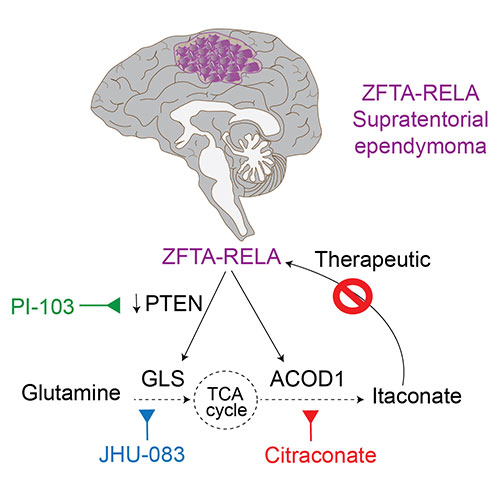
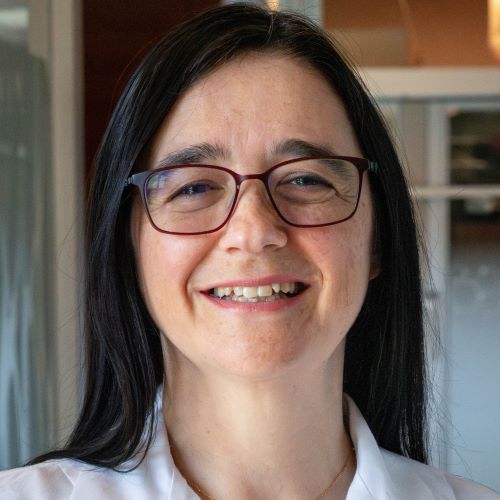







.png)








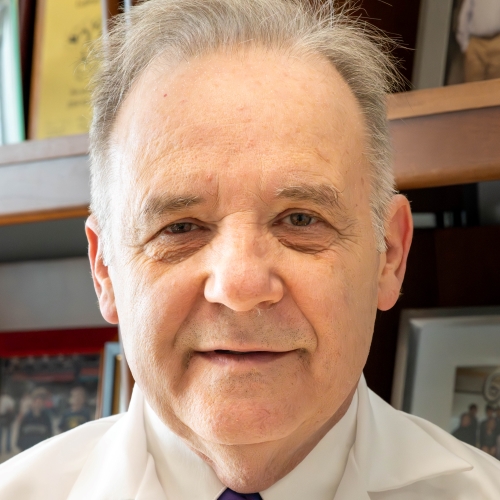


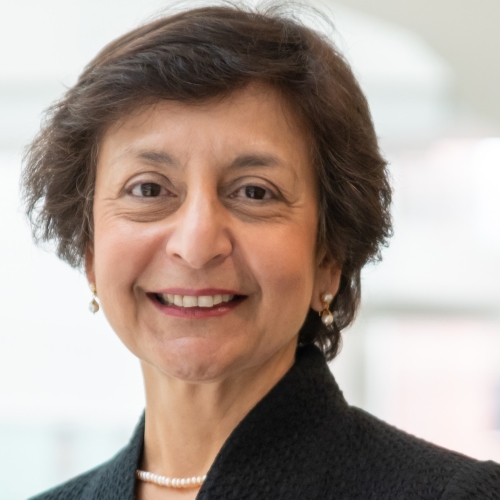
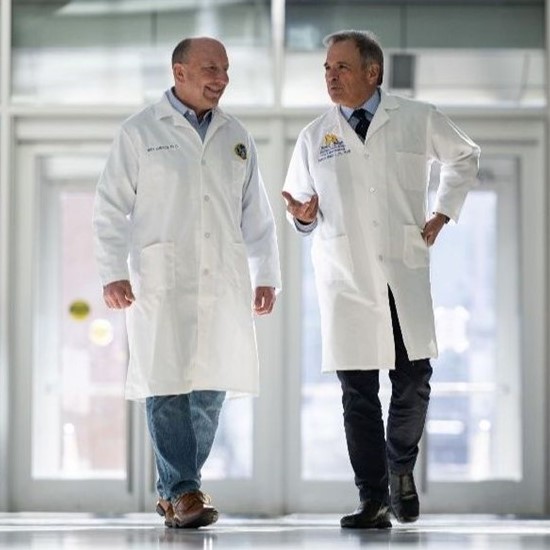
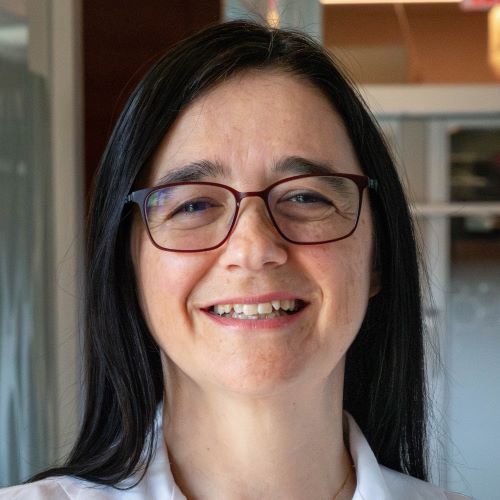

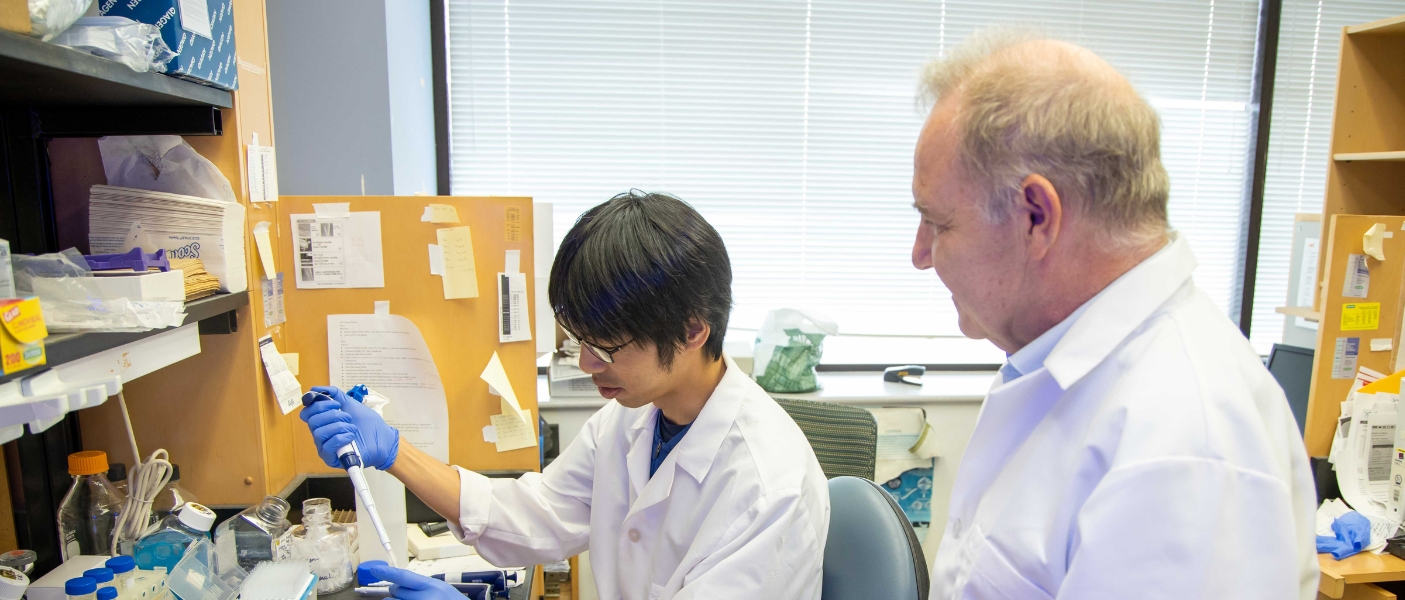
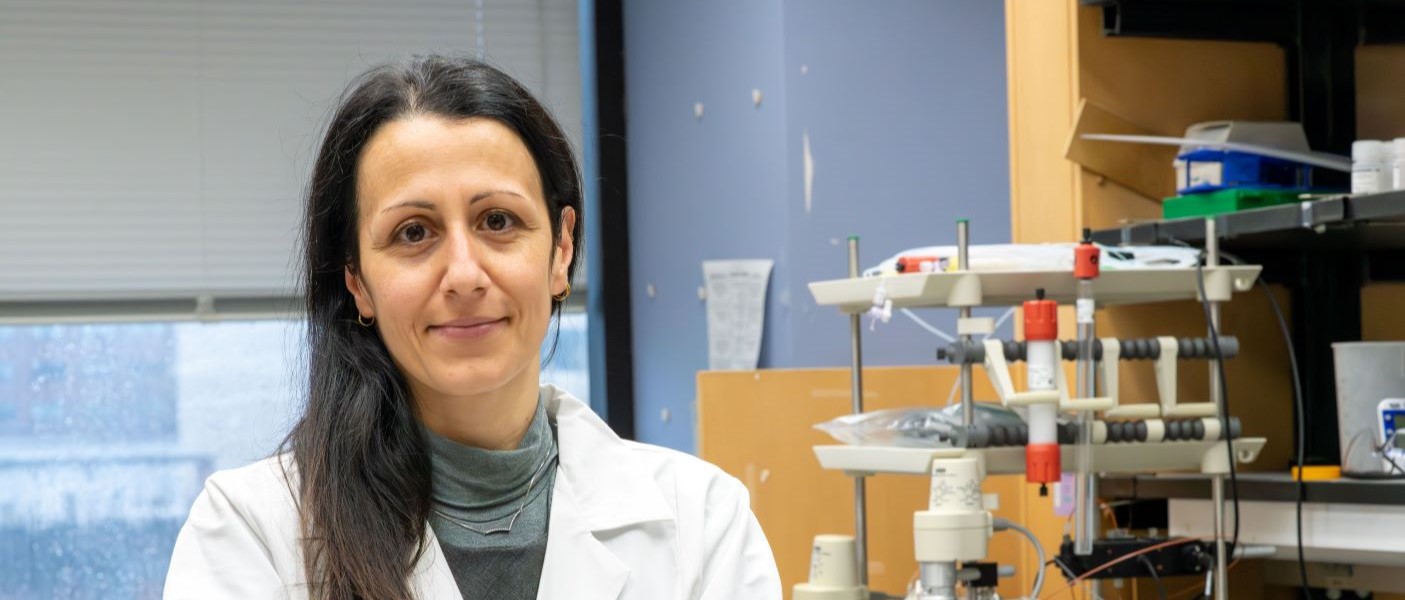




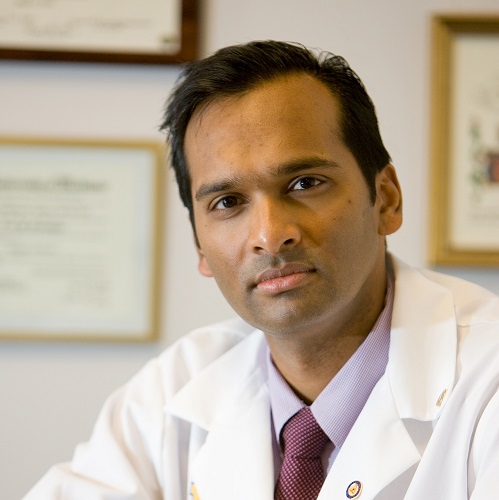


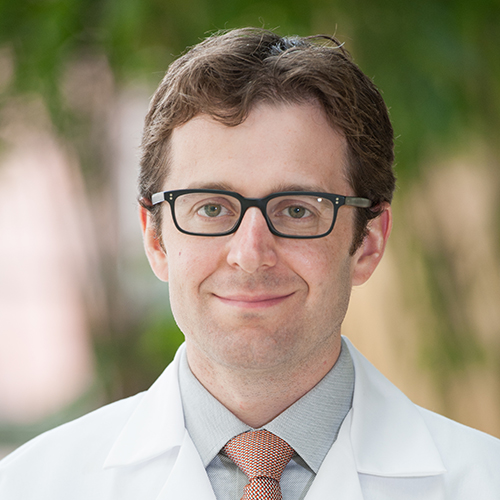

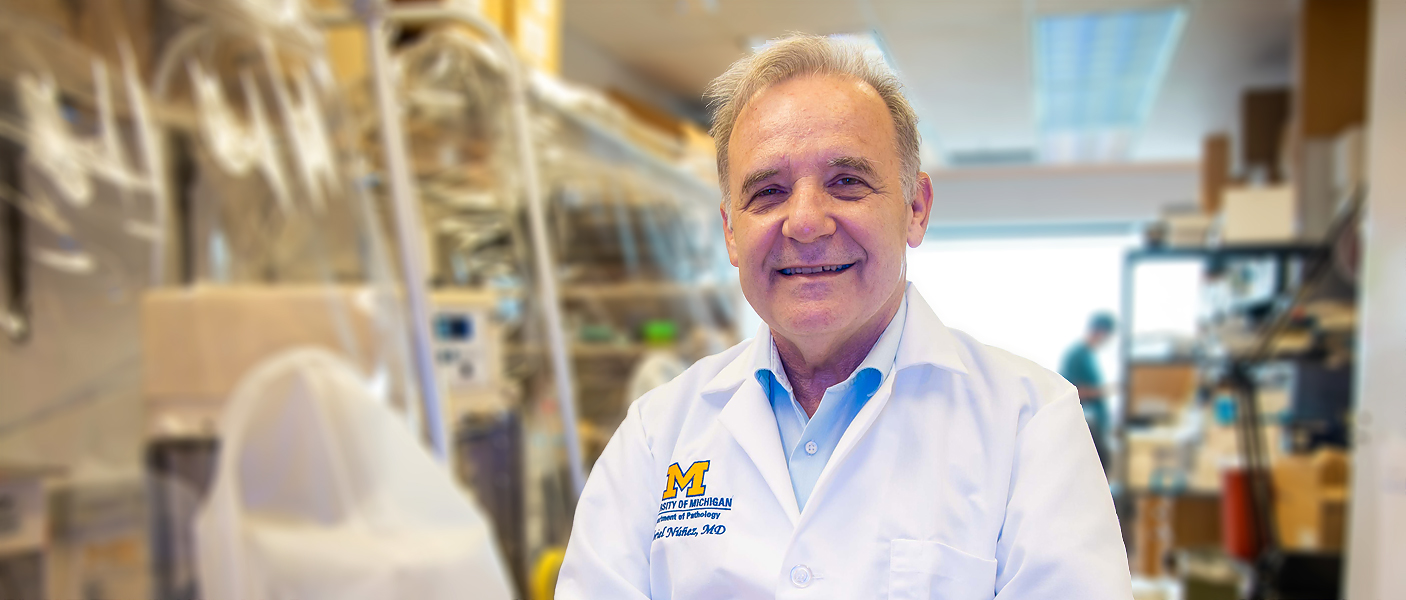

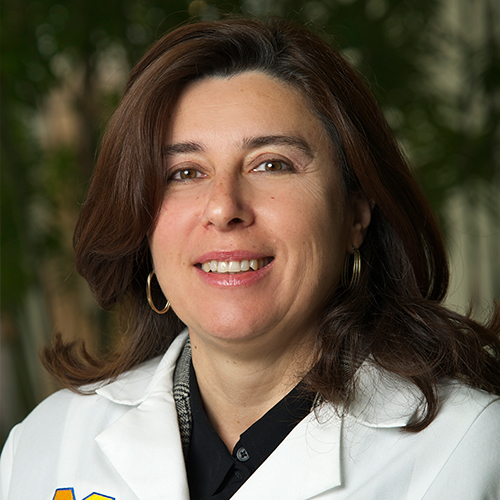
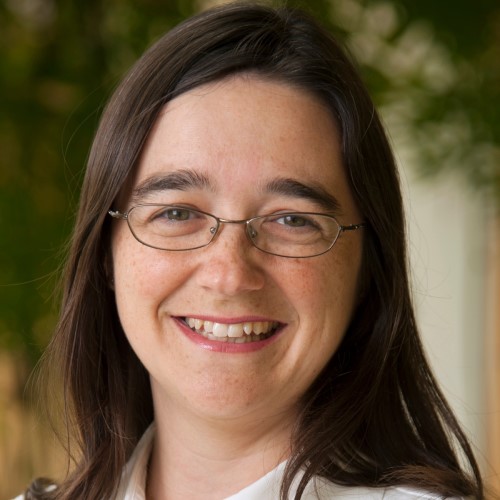
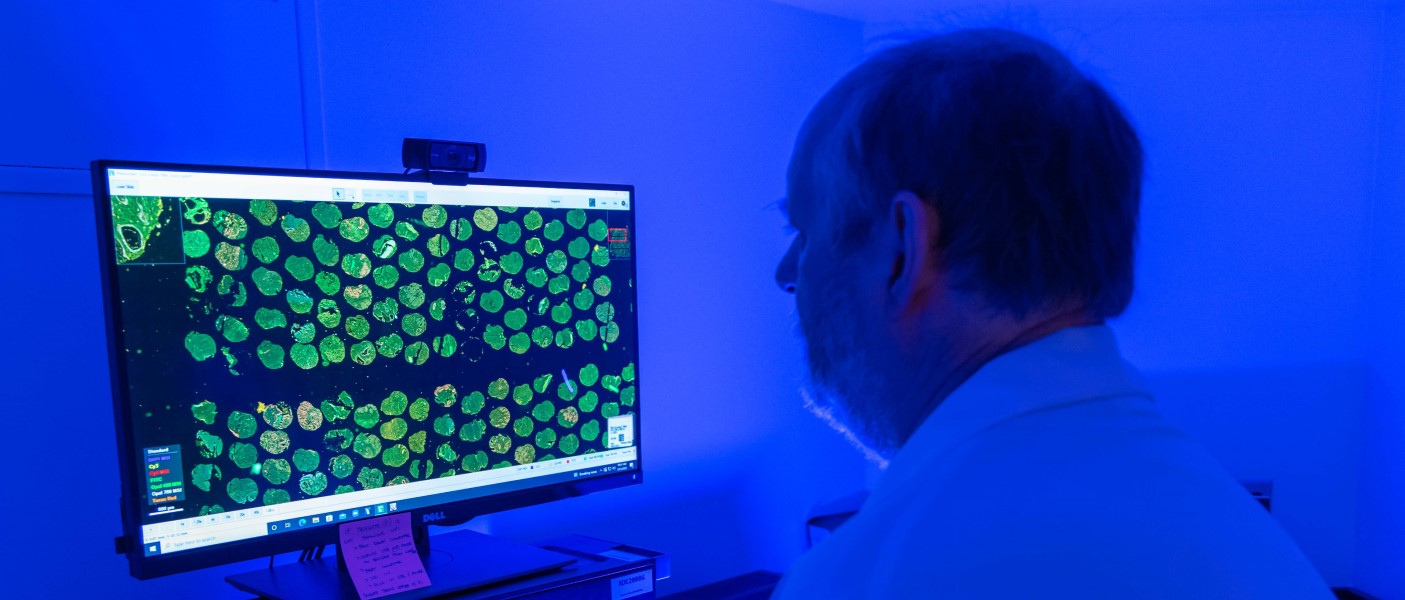
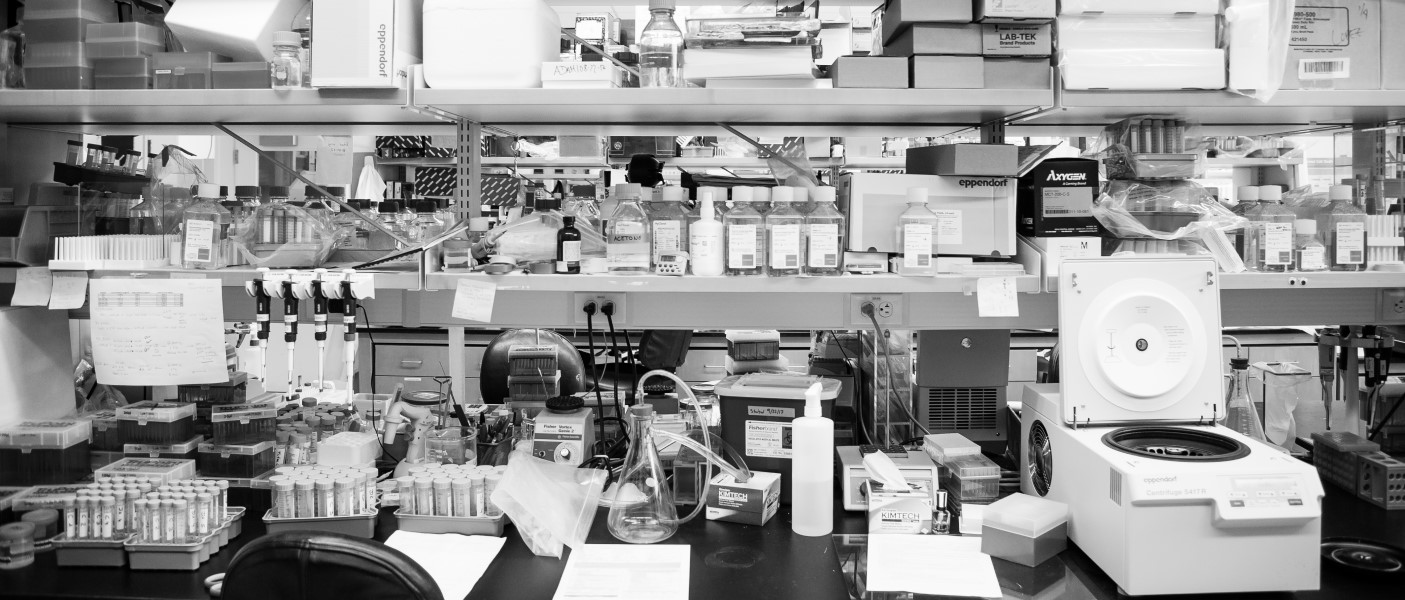
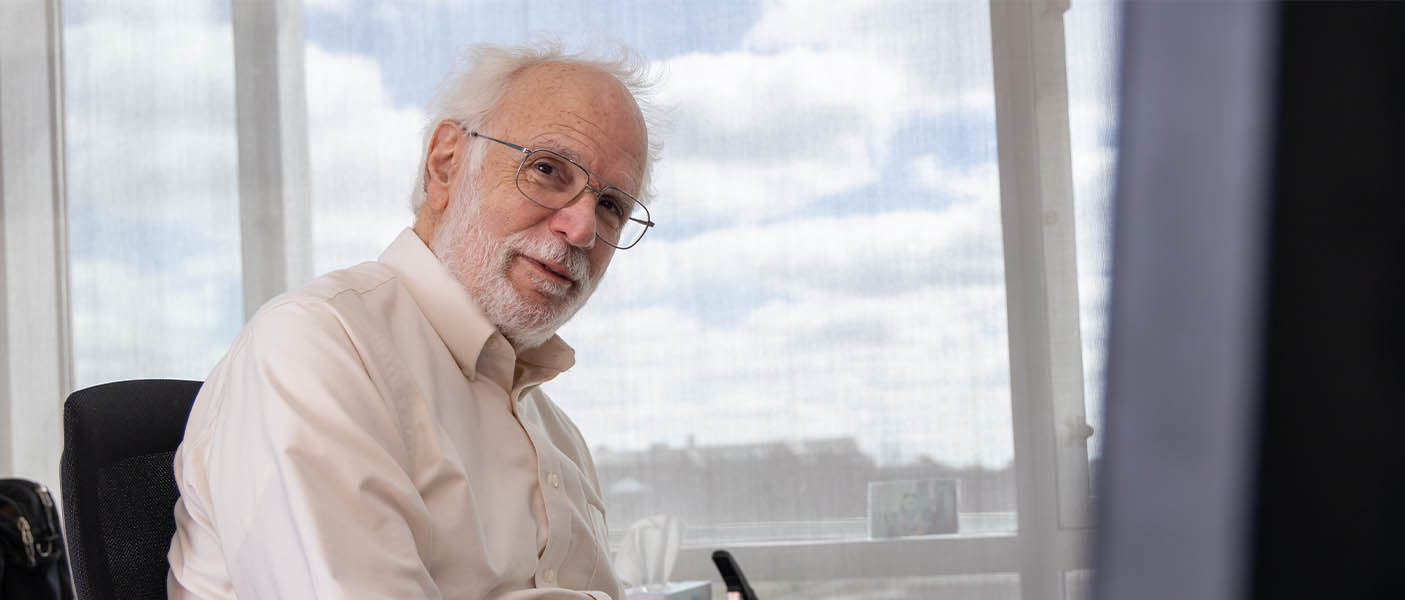


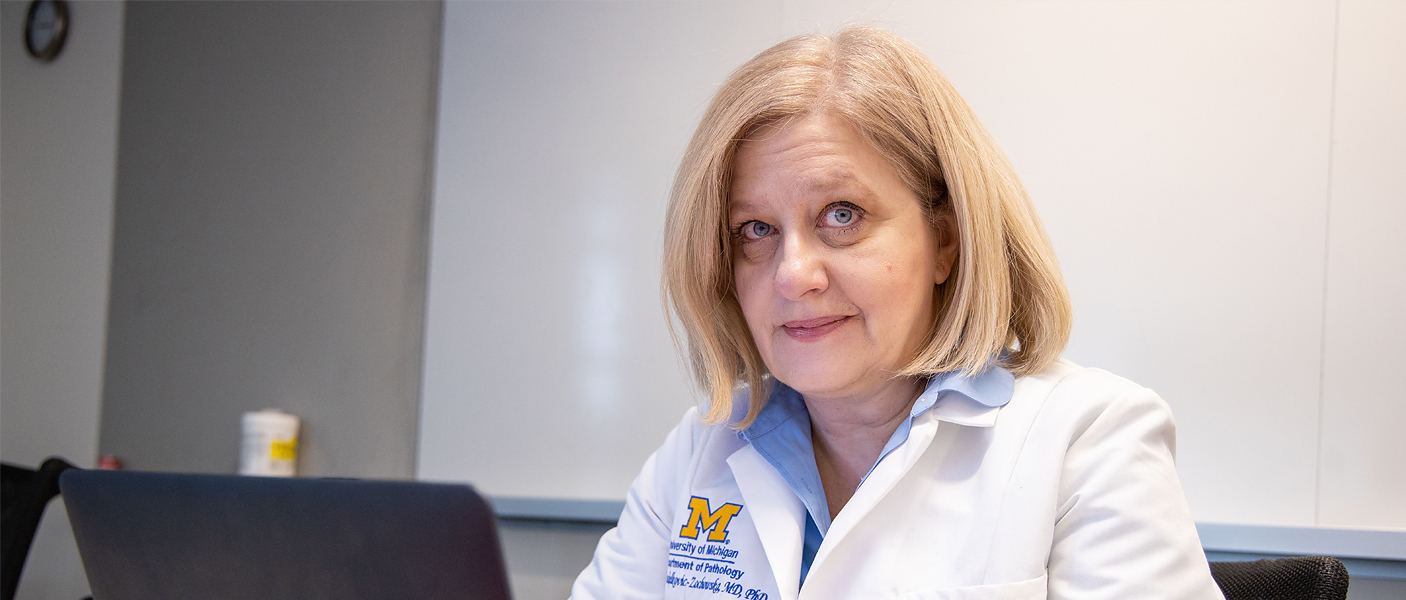


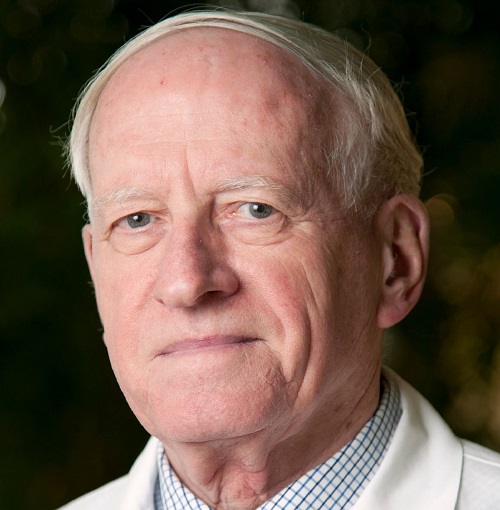

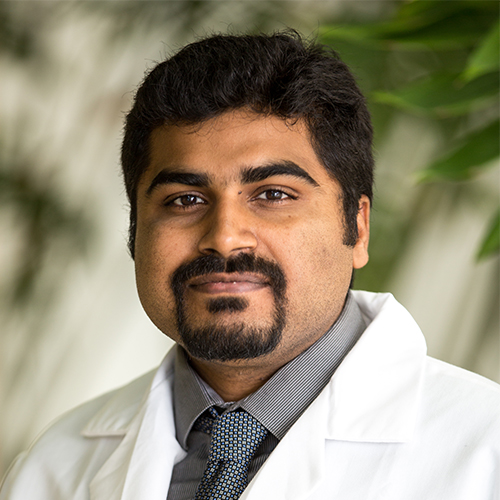
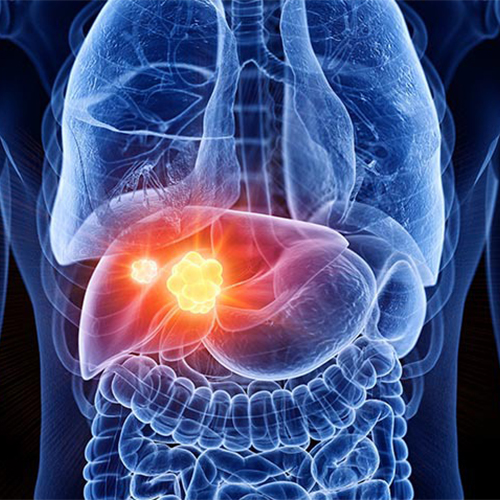
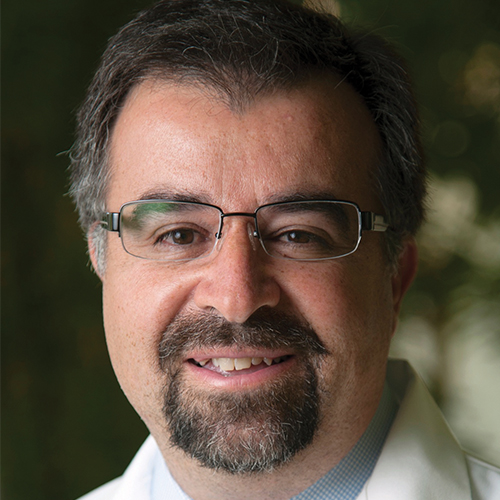
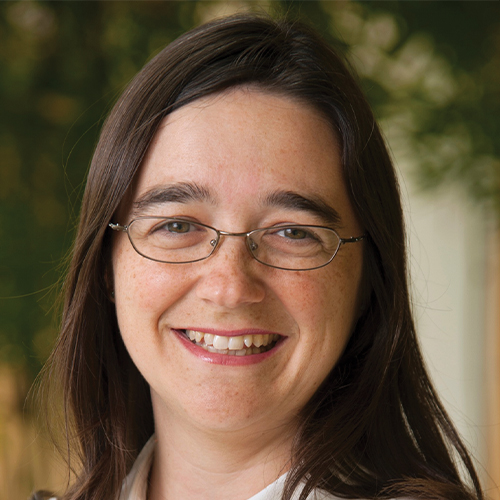
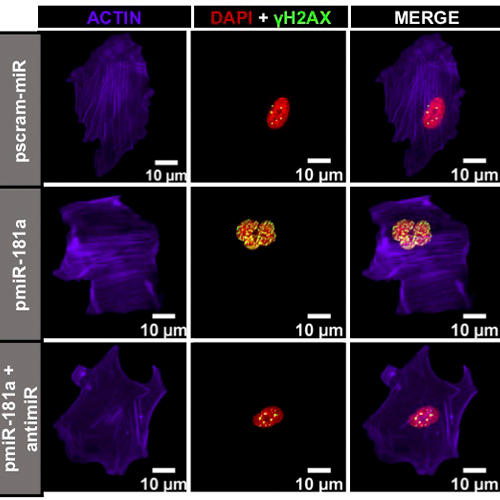
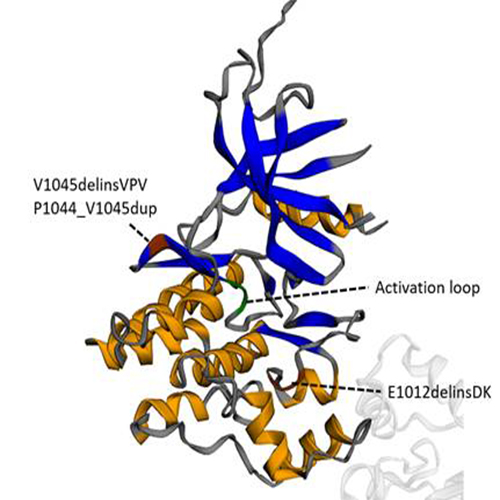

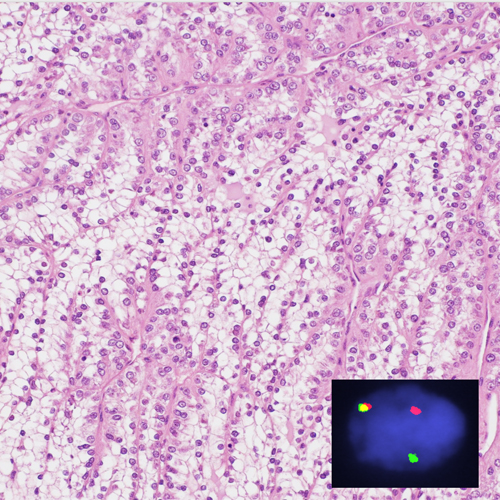
.jpg)
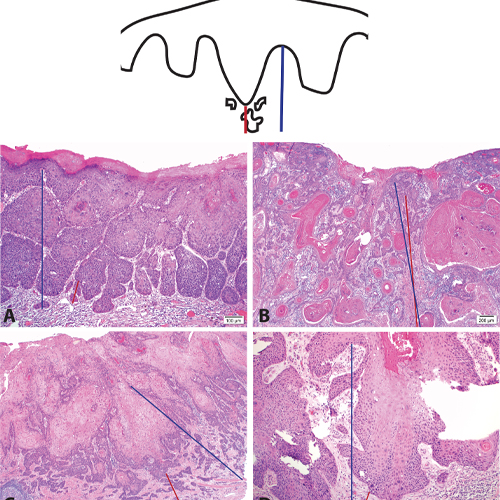


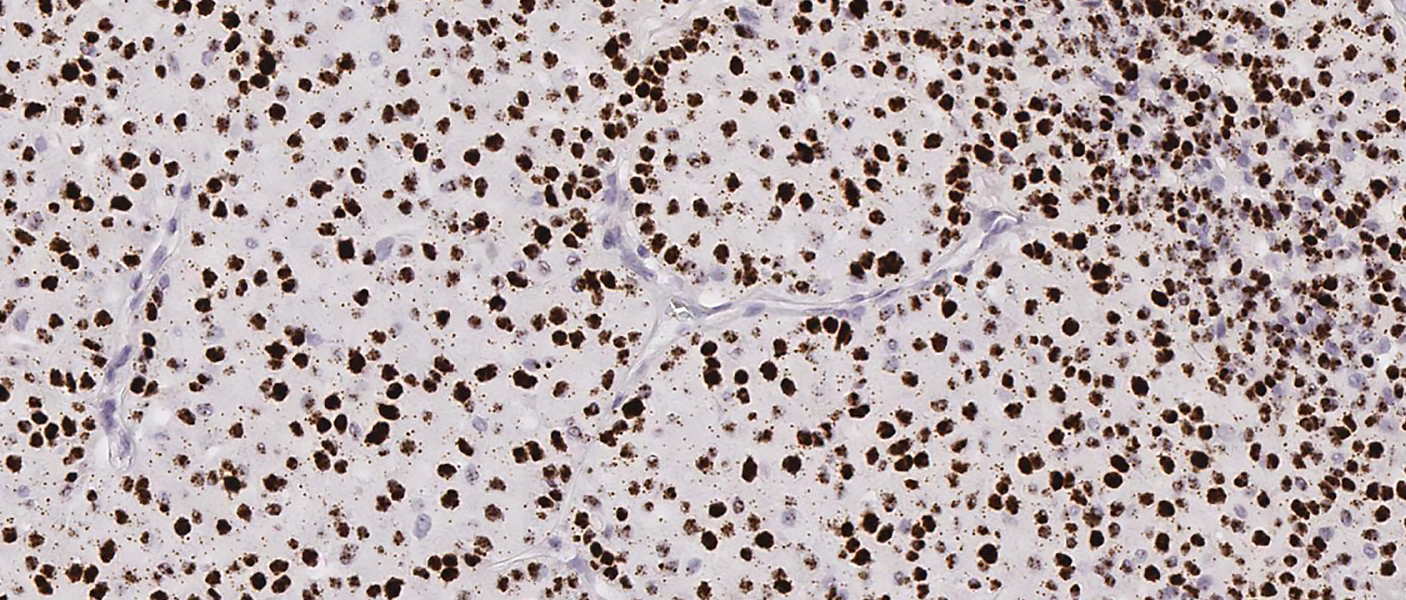
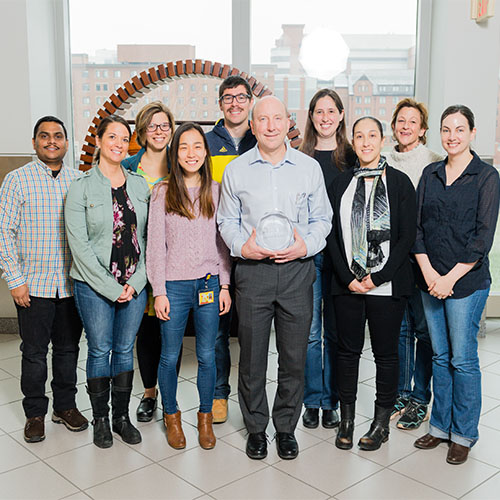
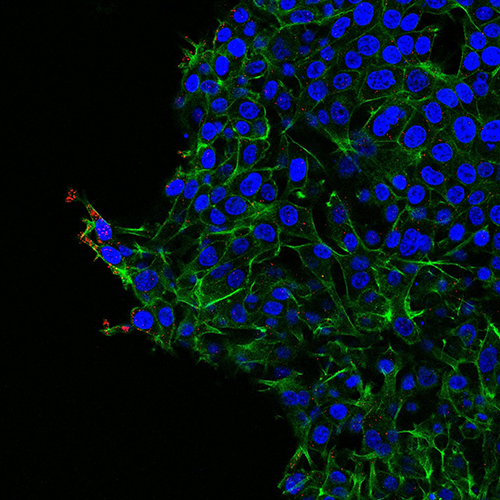

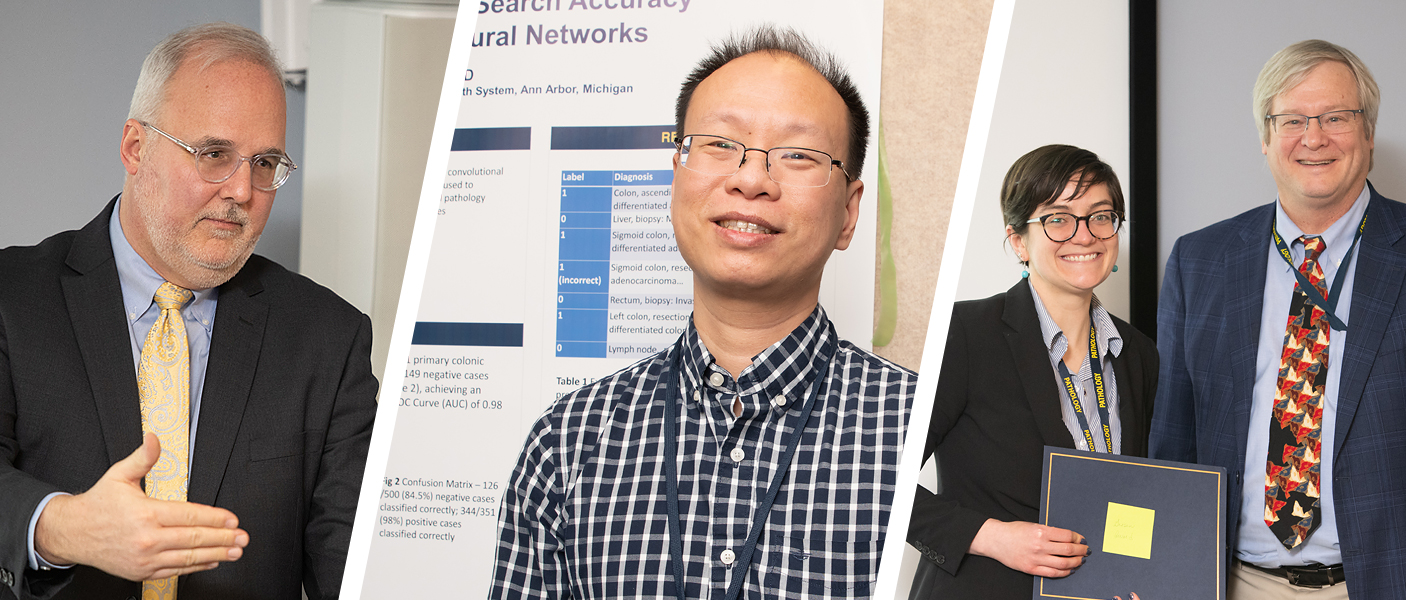

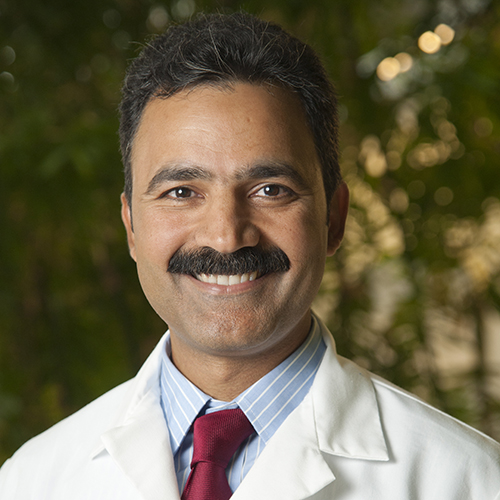
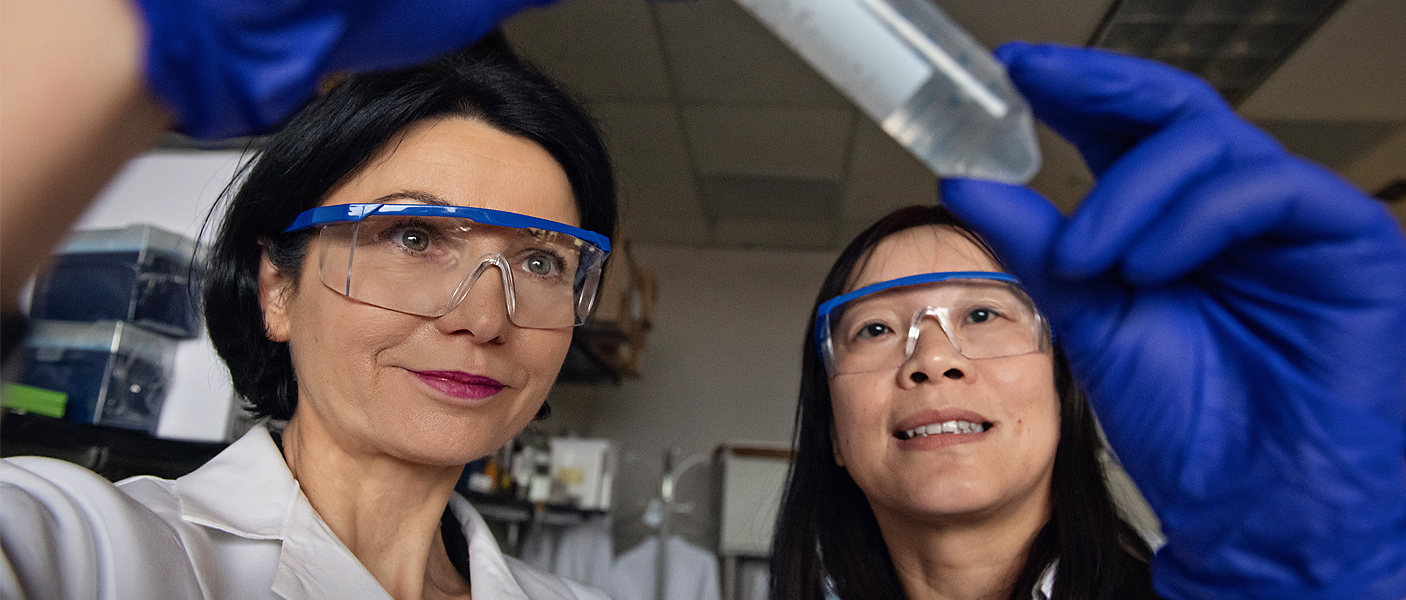

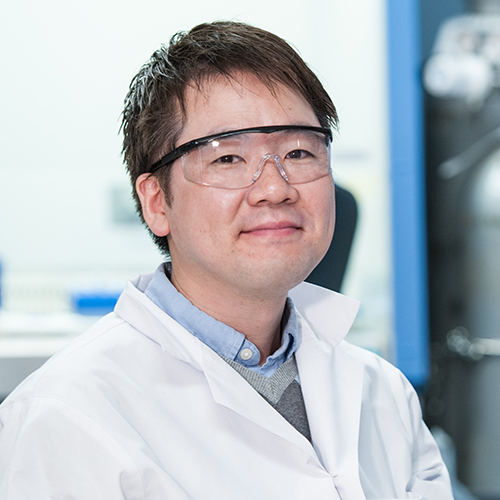
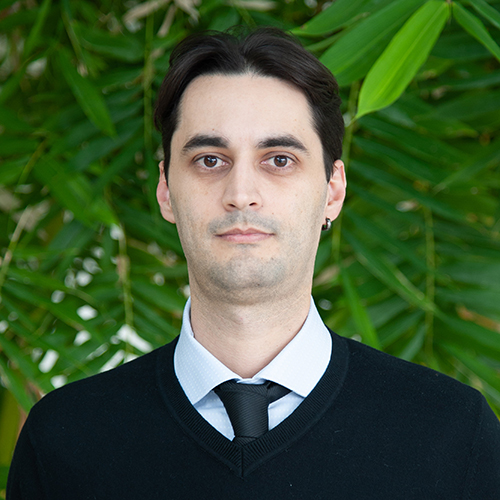
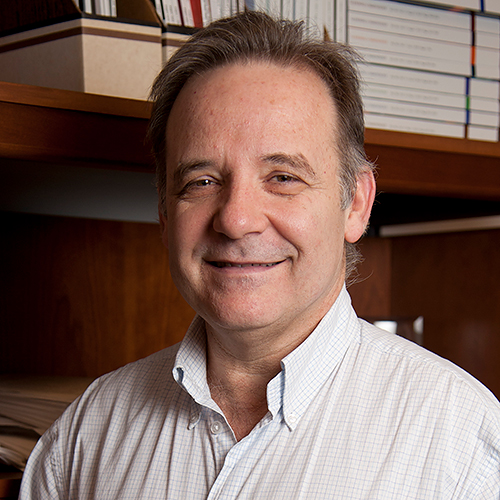
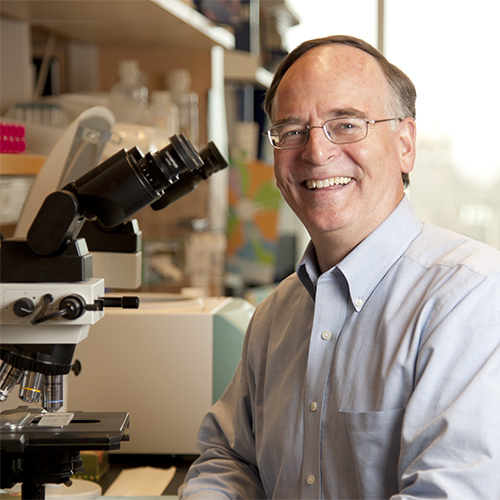
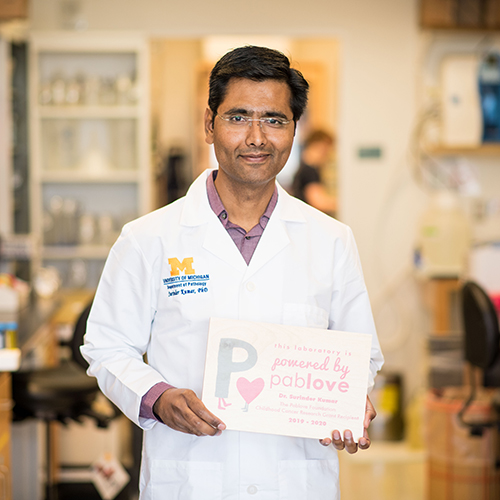


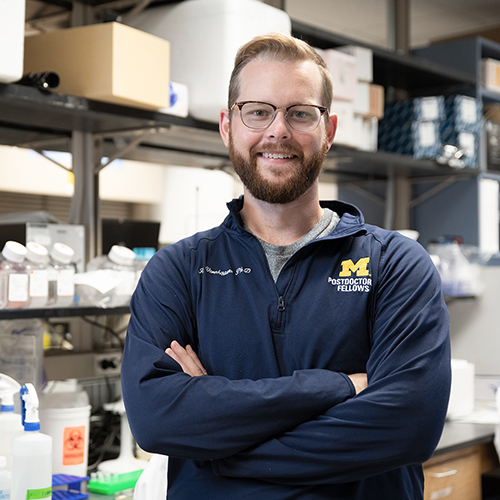



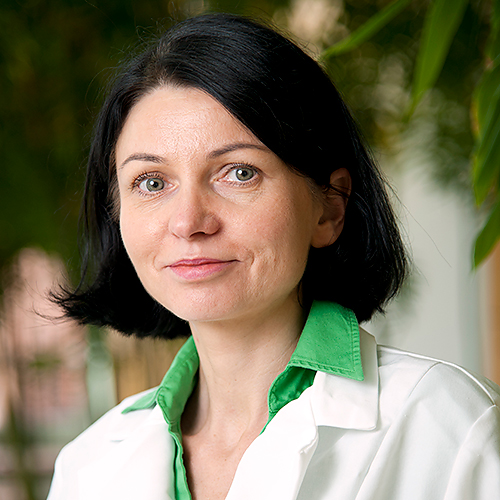



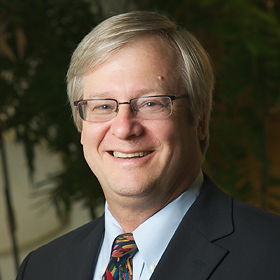
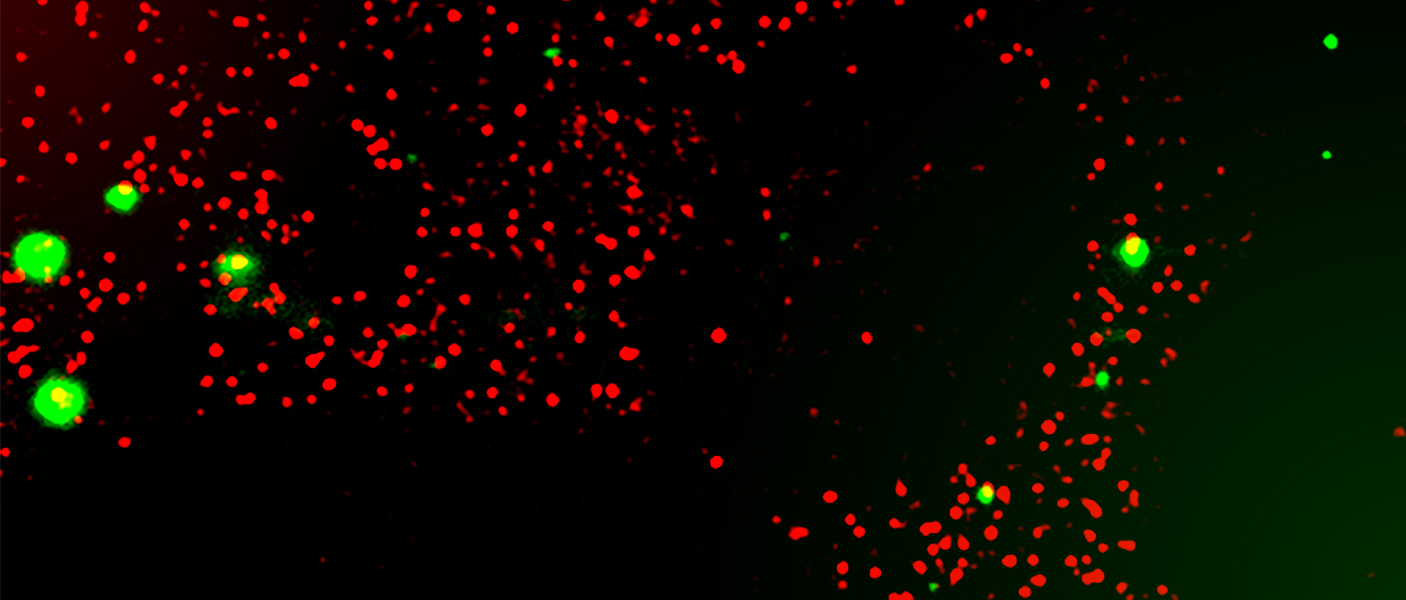

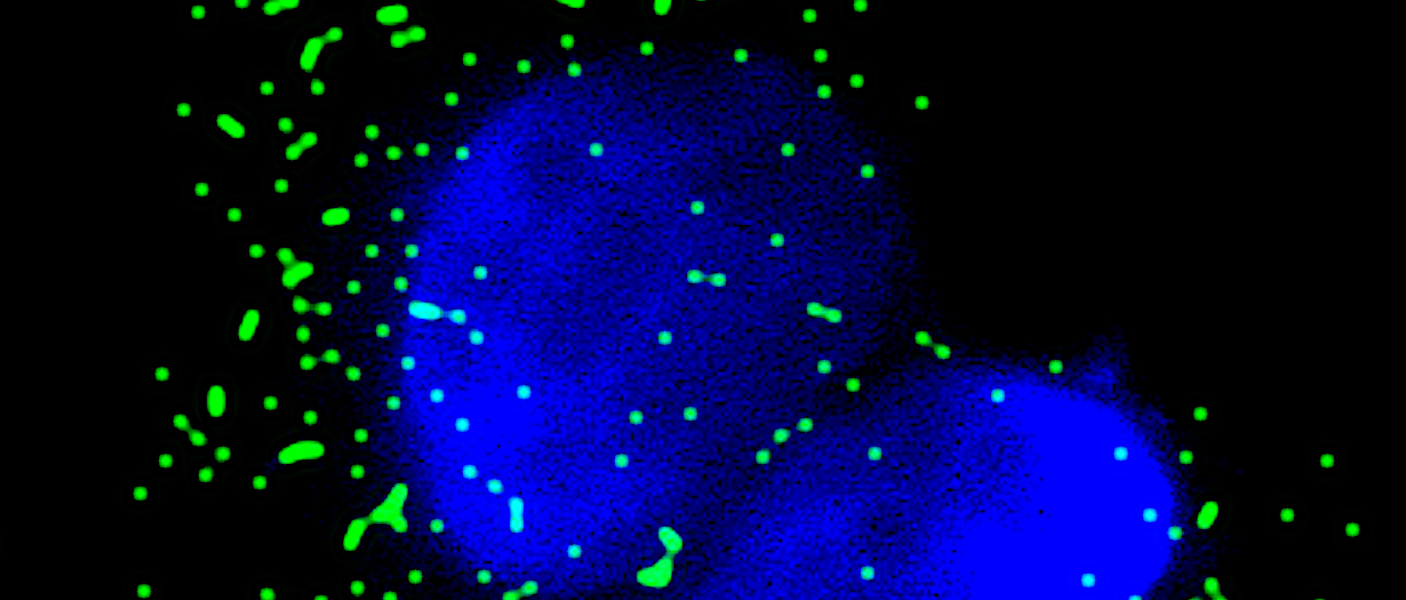
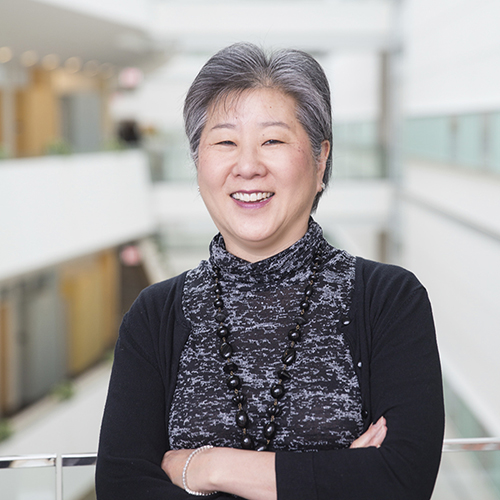
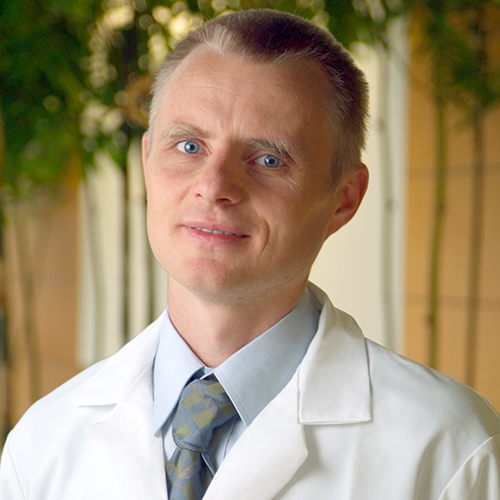
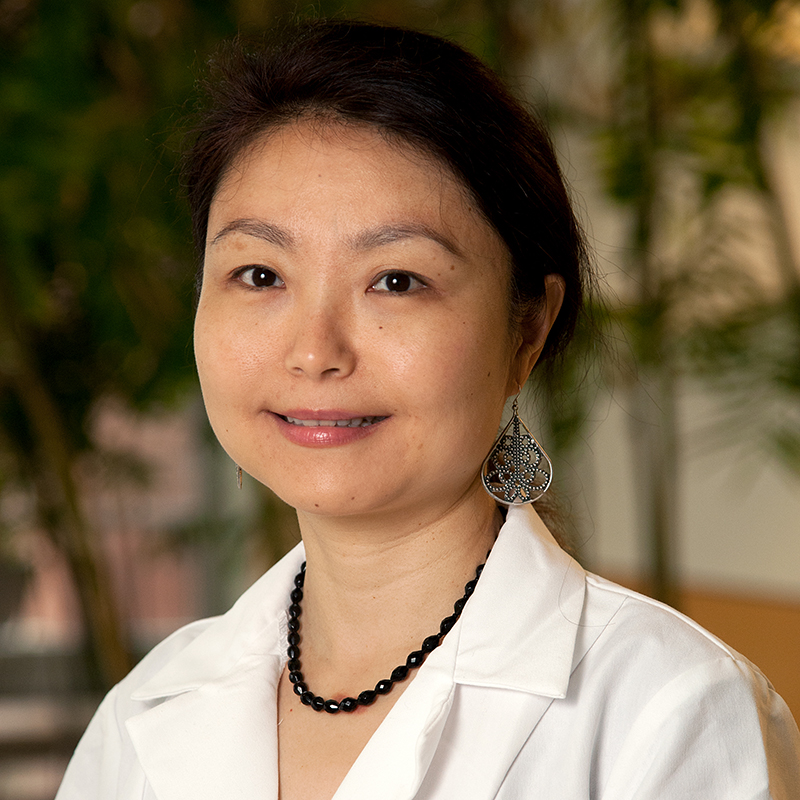
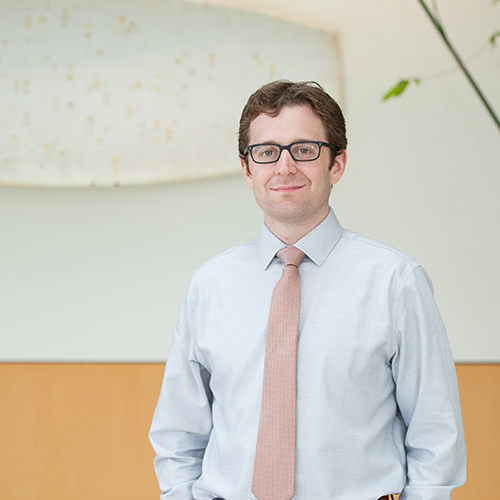


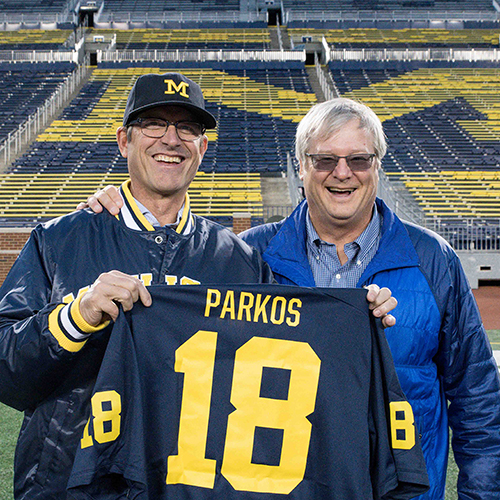
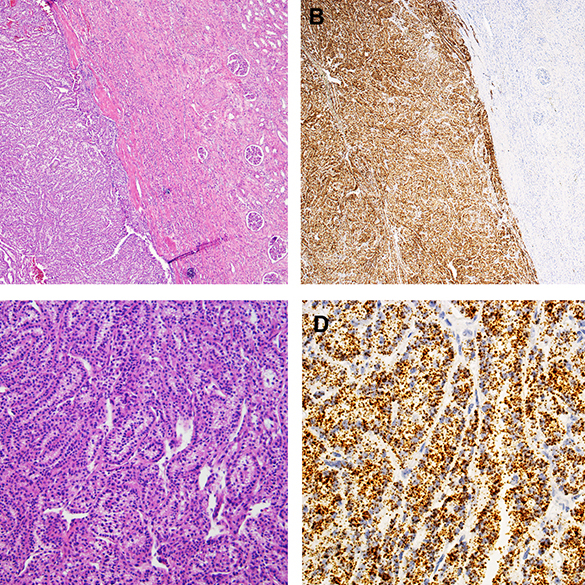

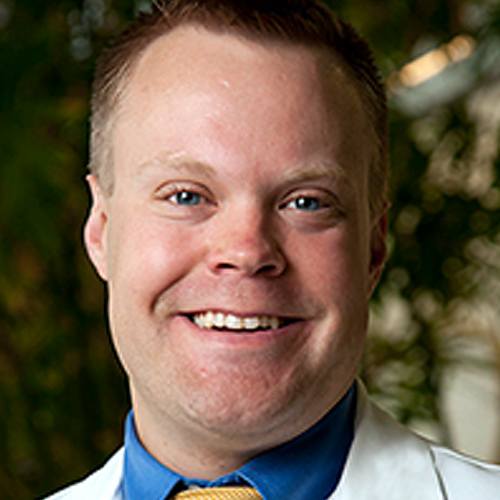
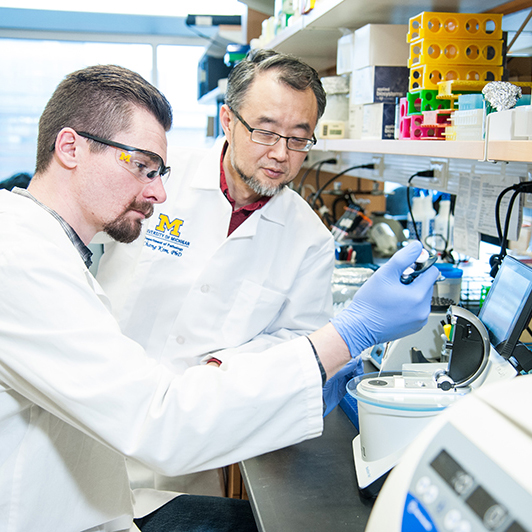
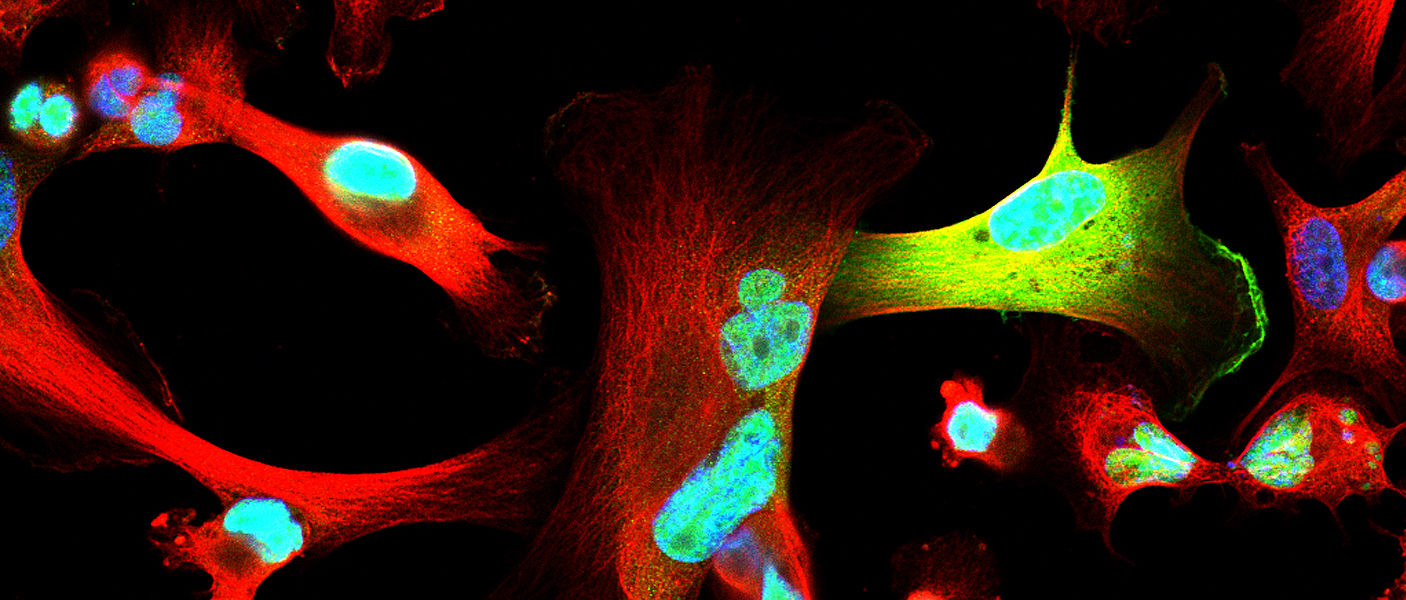
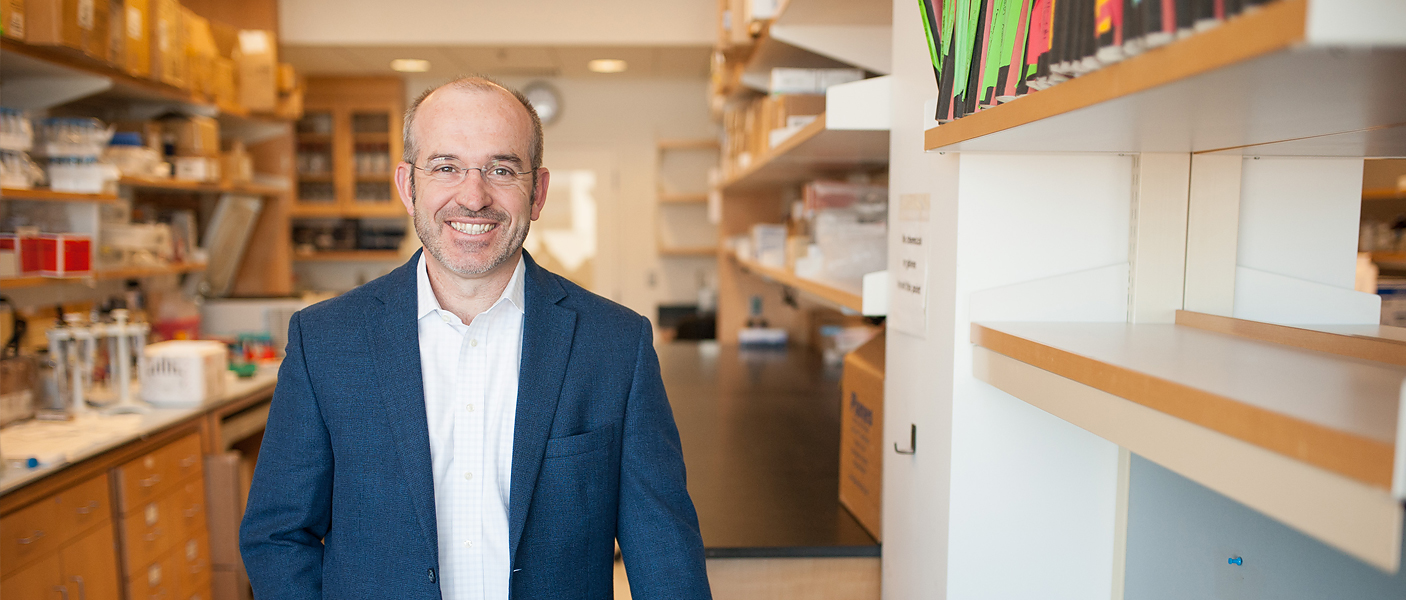


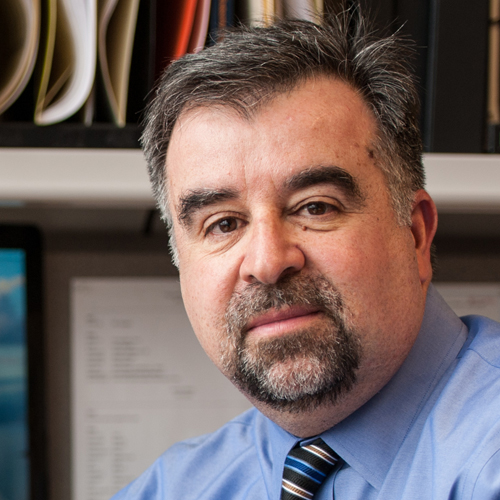










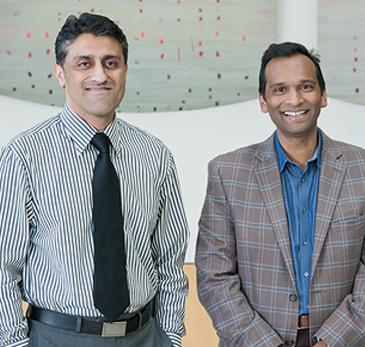


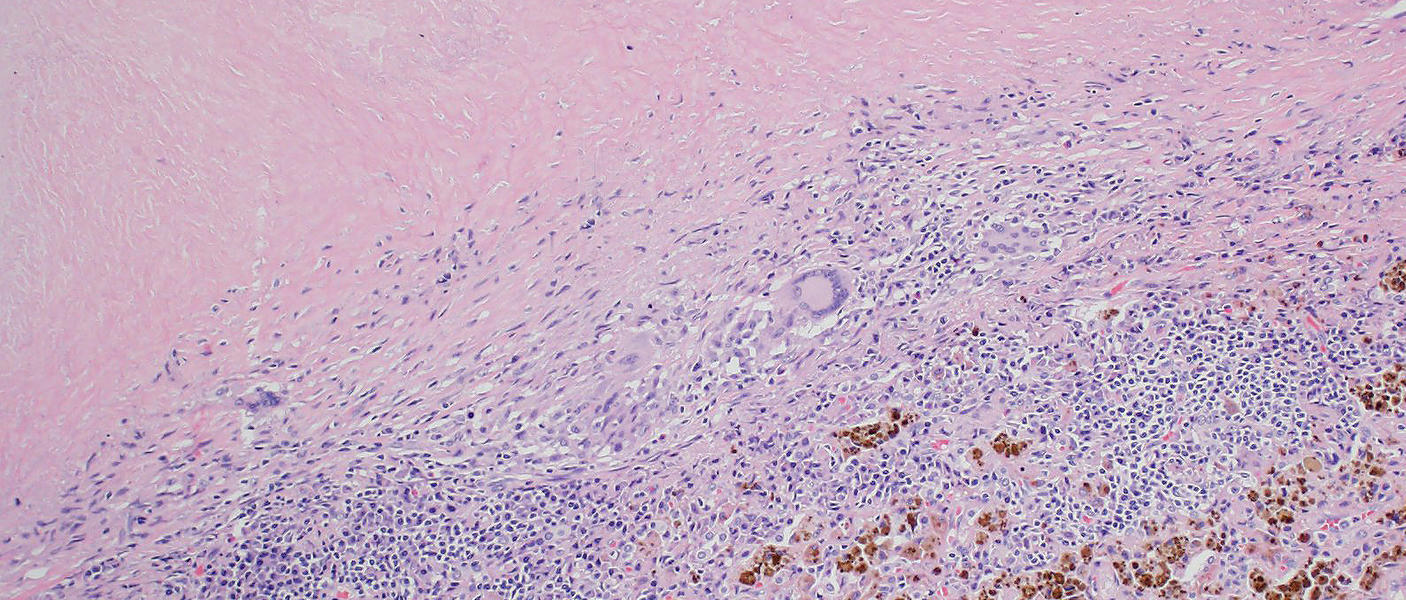
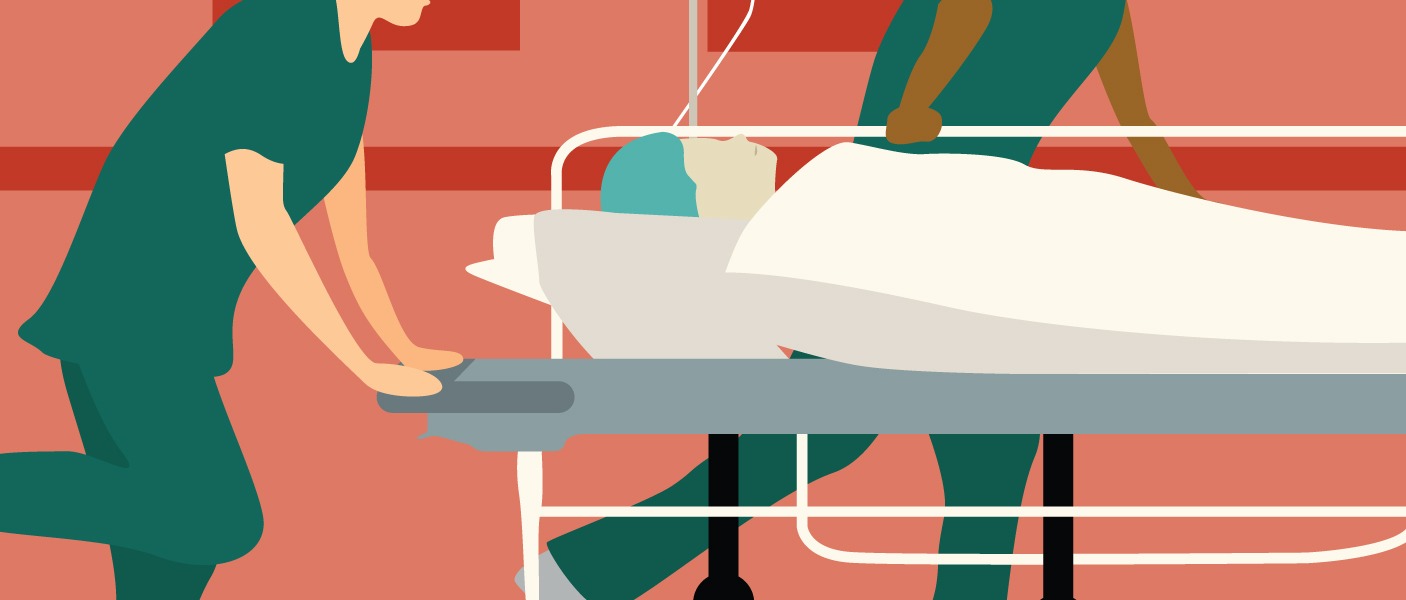

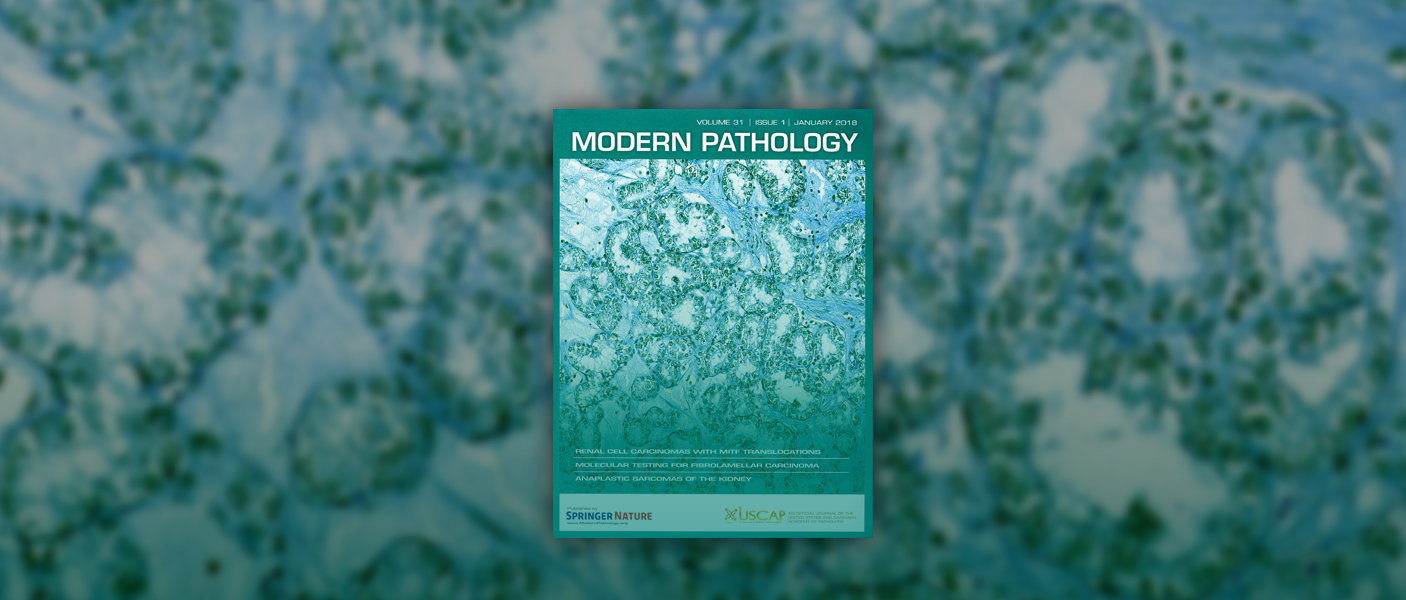
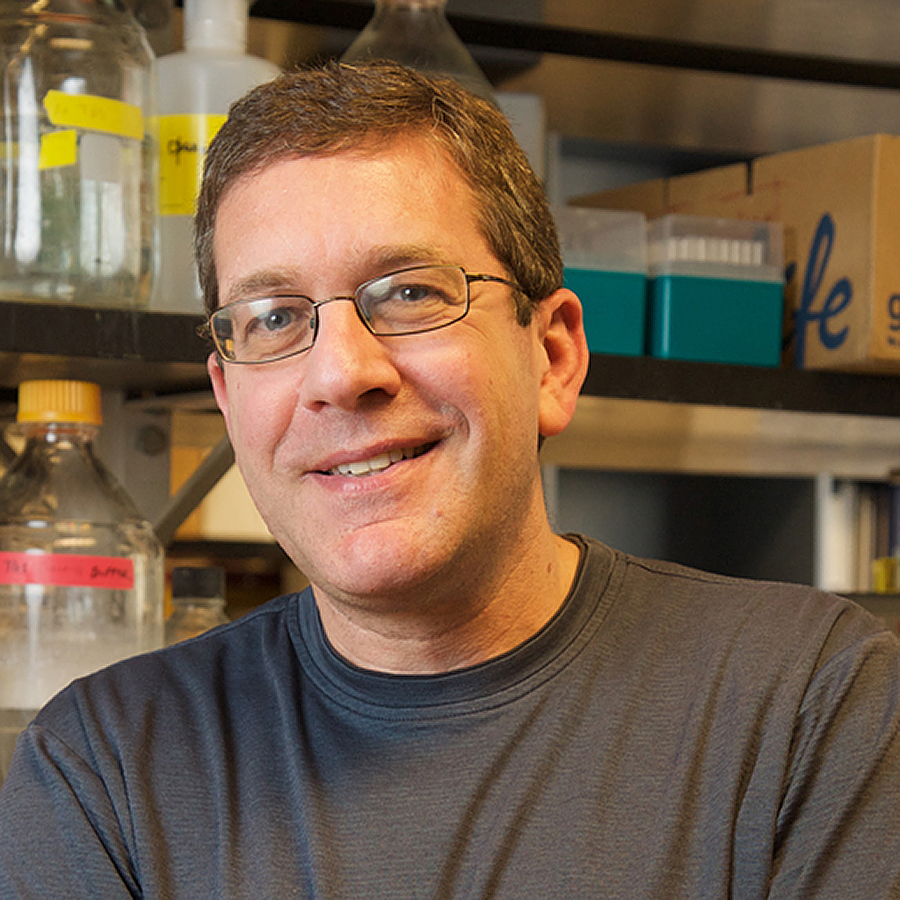
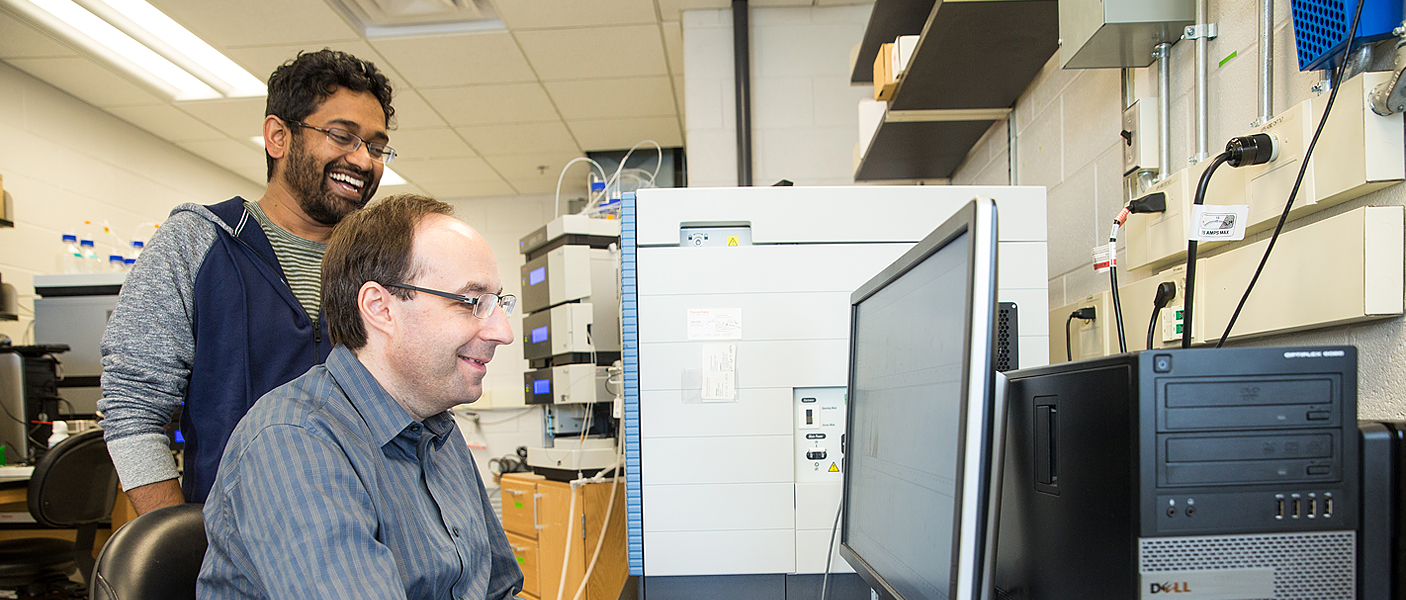


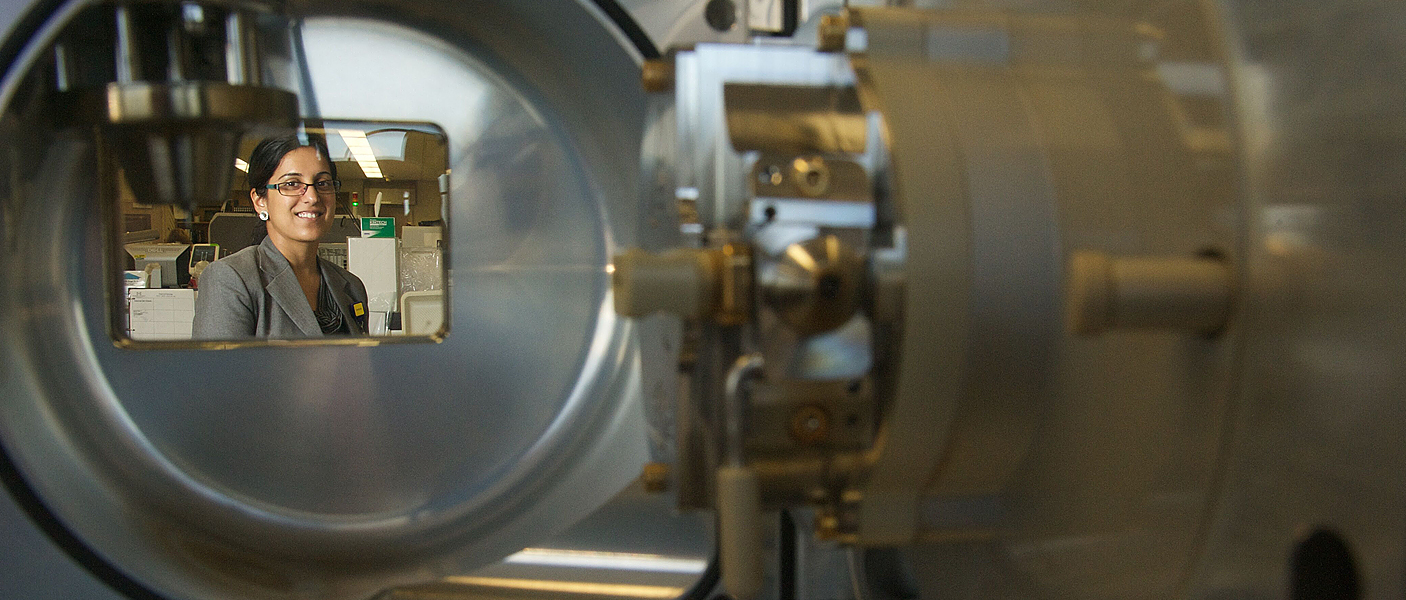
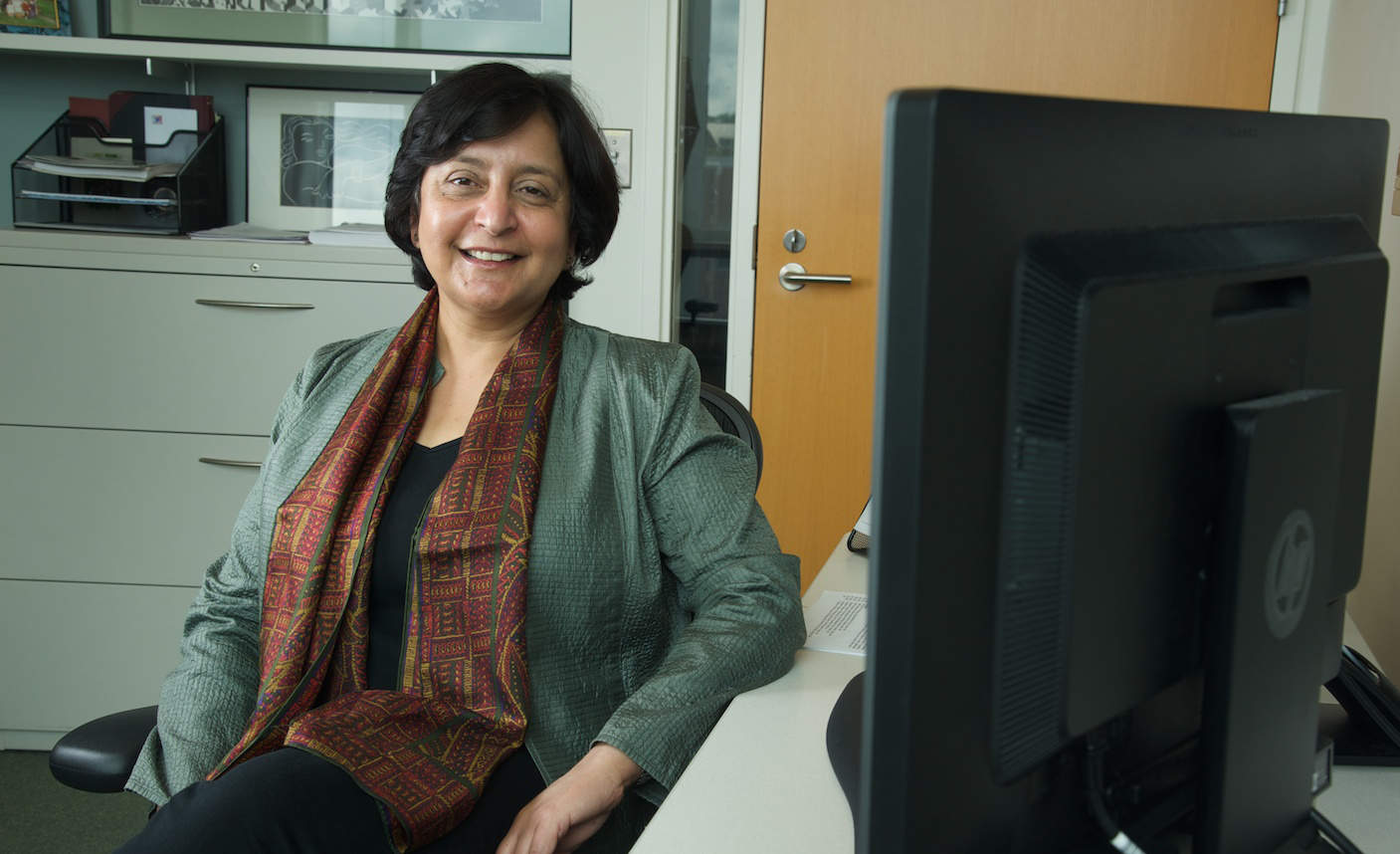
 ON THE COVER
ON THE COVER
 ON THE COVER
ON THE COVER
 ON THE COVER
ON THE COVER
 ON THE COVER
ON THE COVER
 ON THE COVER
ON THE COVER
 ON THE COVER
ON THE COVER
 ON THE COVER
ON THE COVER
 ON THE COVER
ON THE COVER
 ON THE COVER
ON THE COVER
 ON THE COVER
ON THE COVER
 ON THE COVER
ON THE COVER
